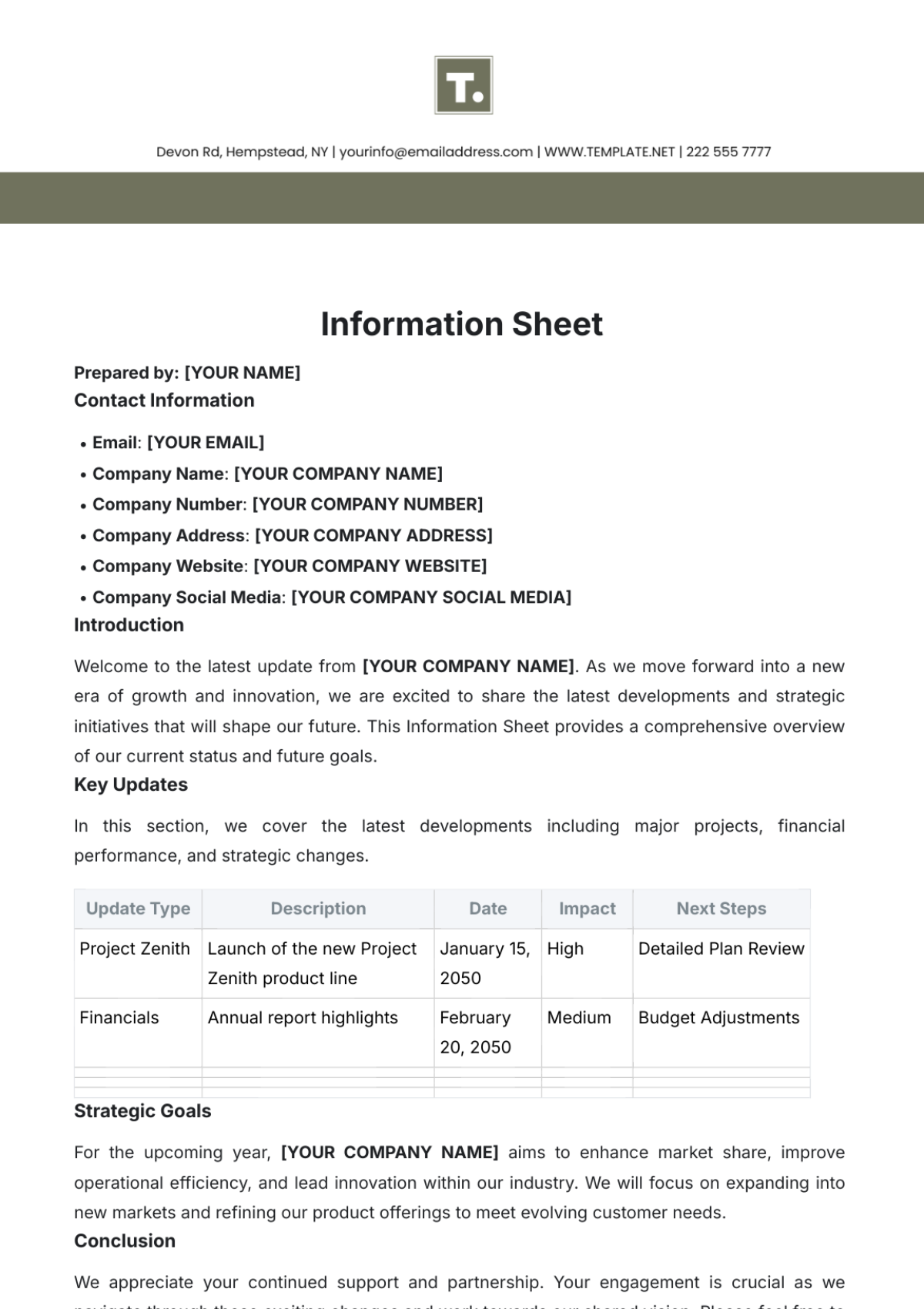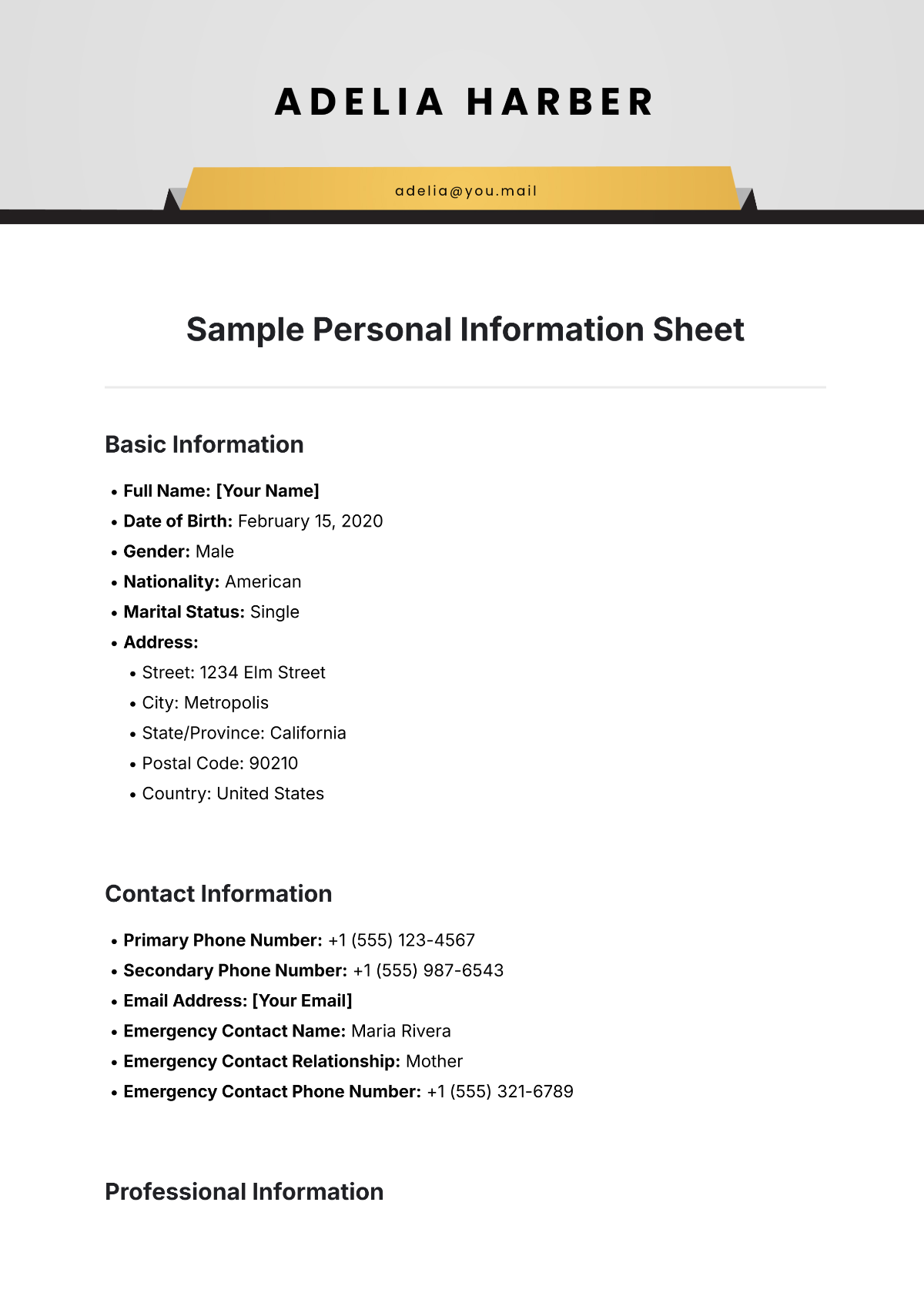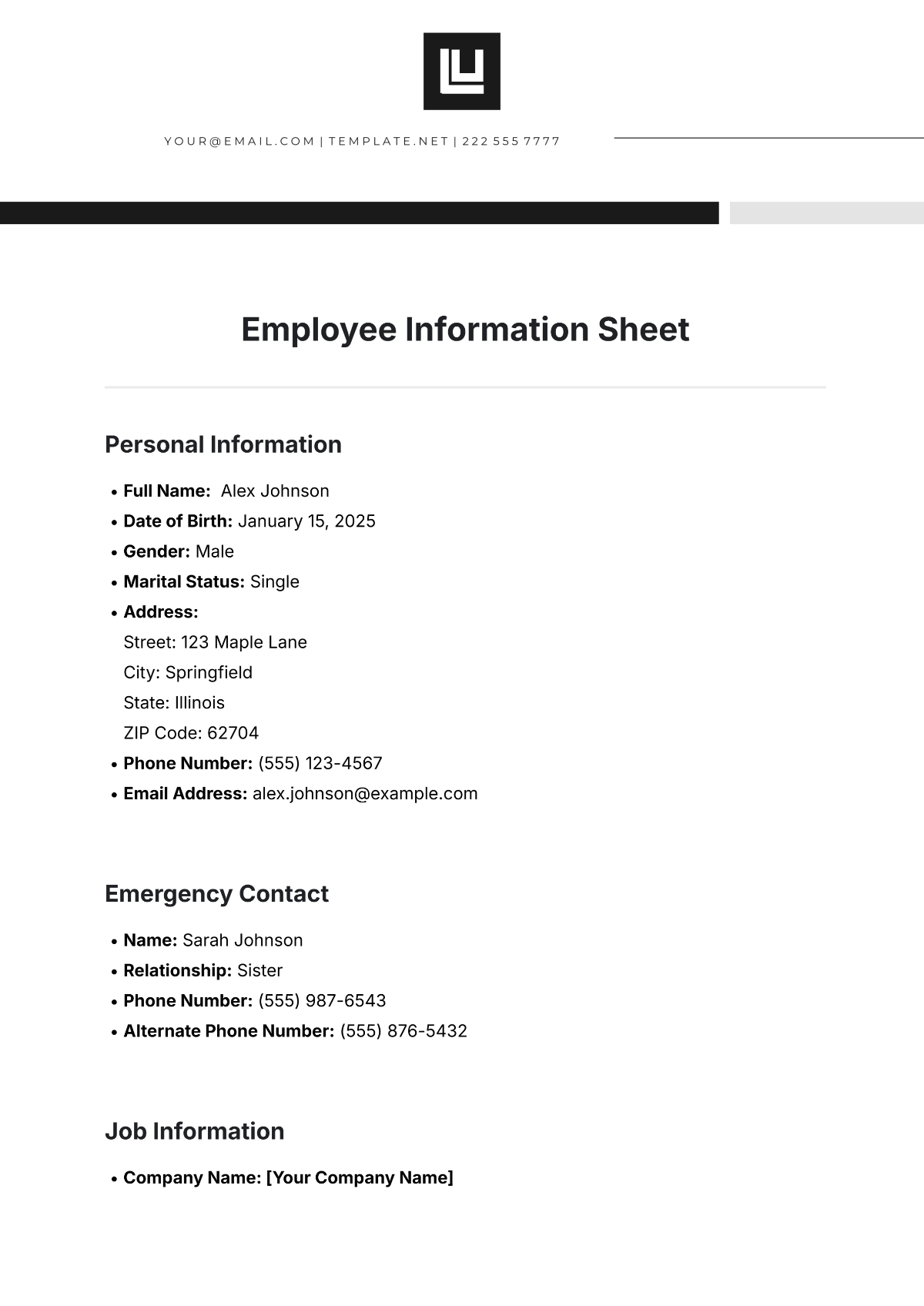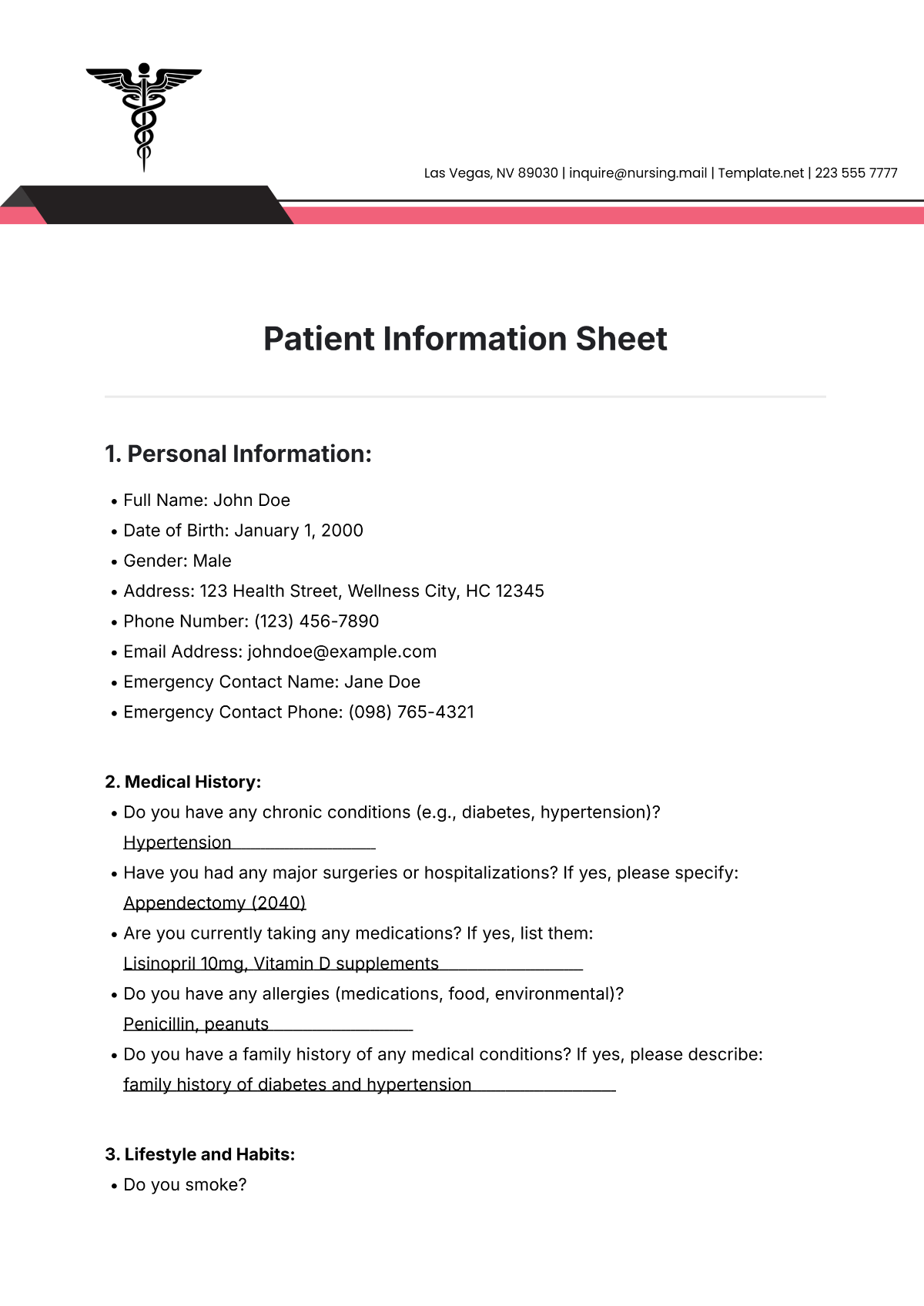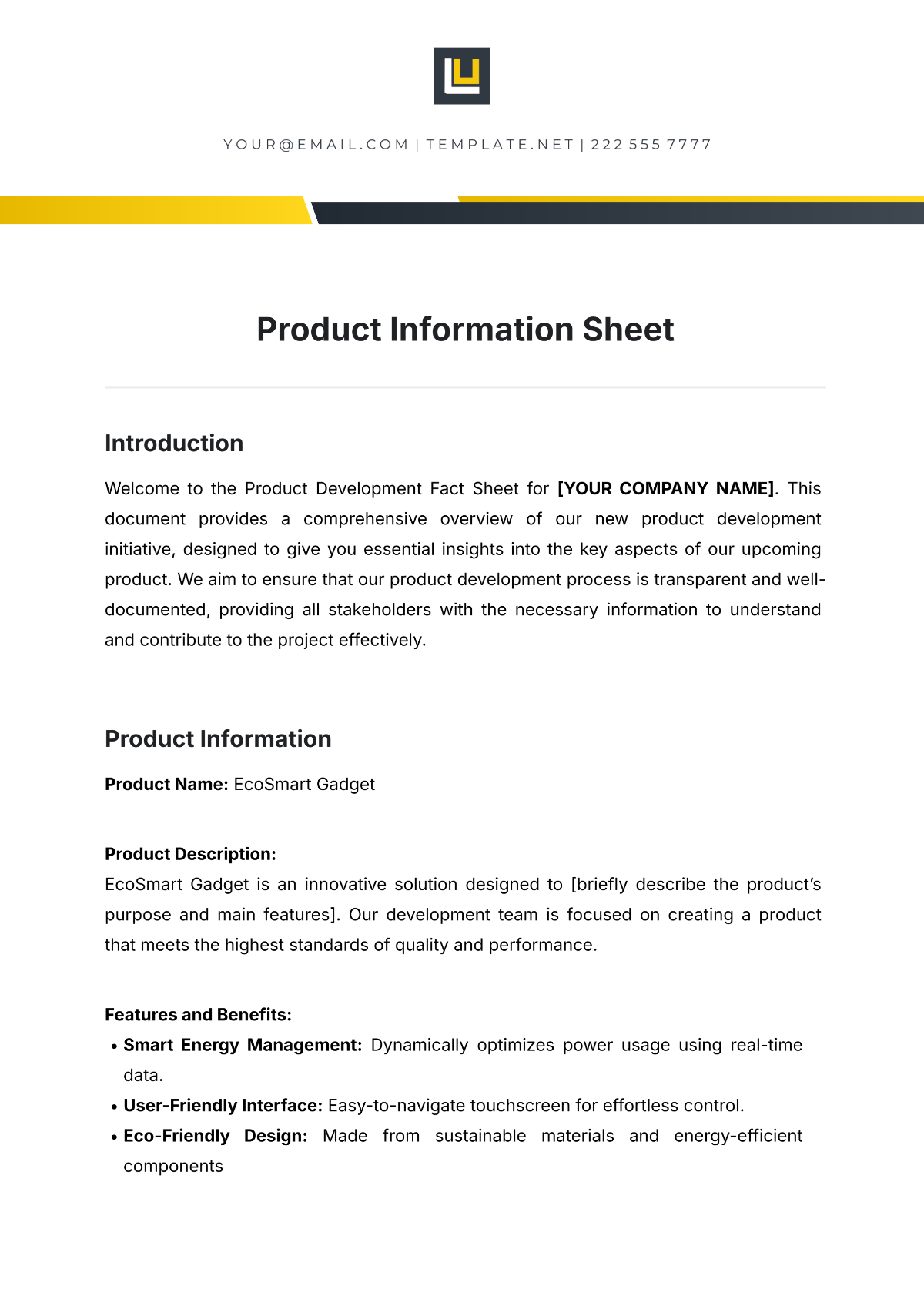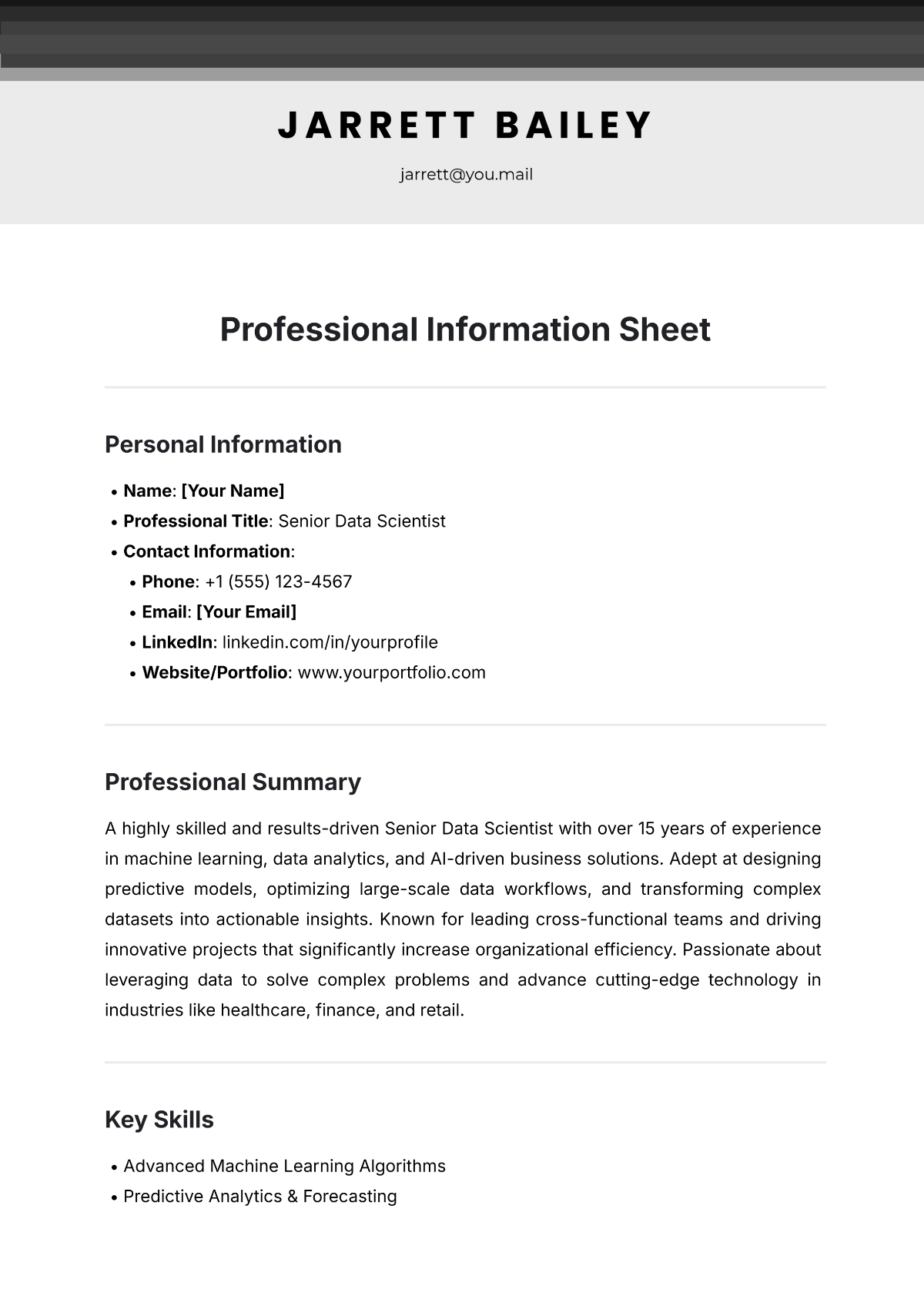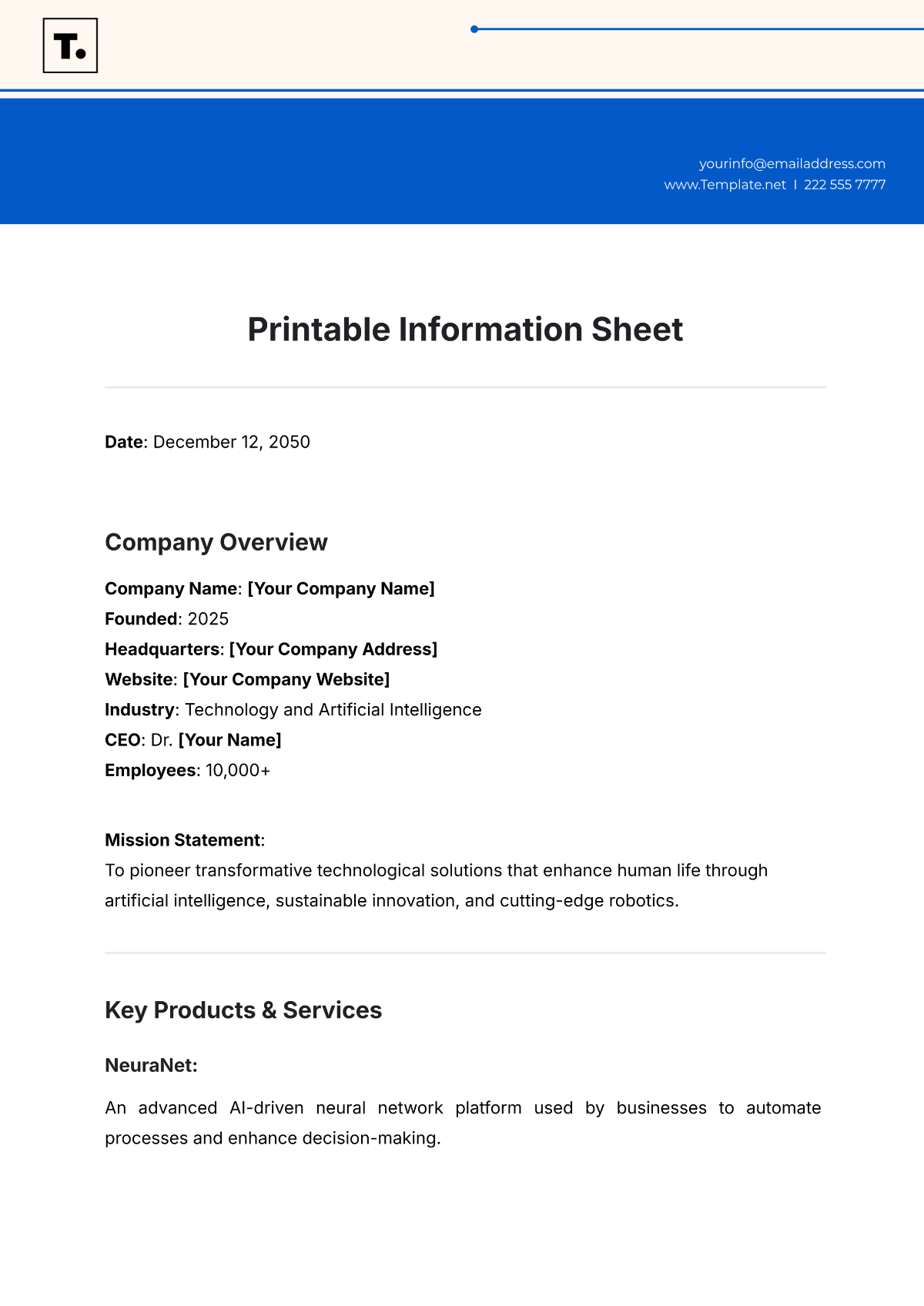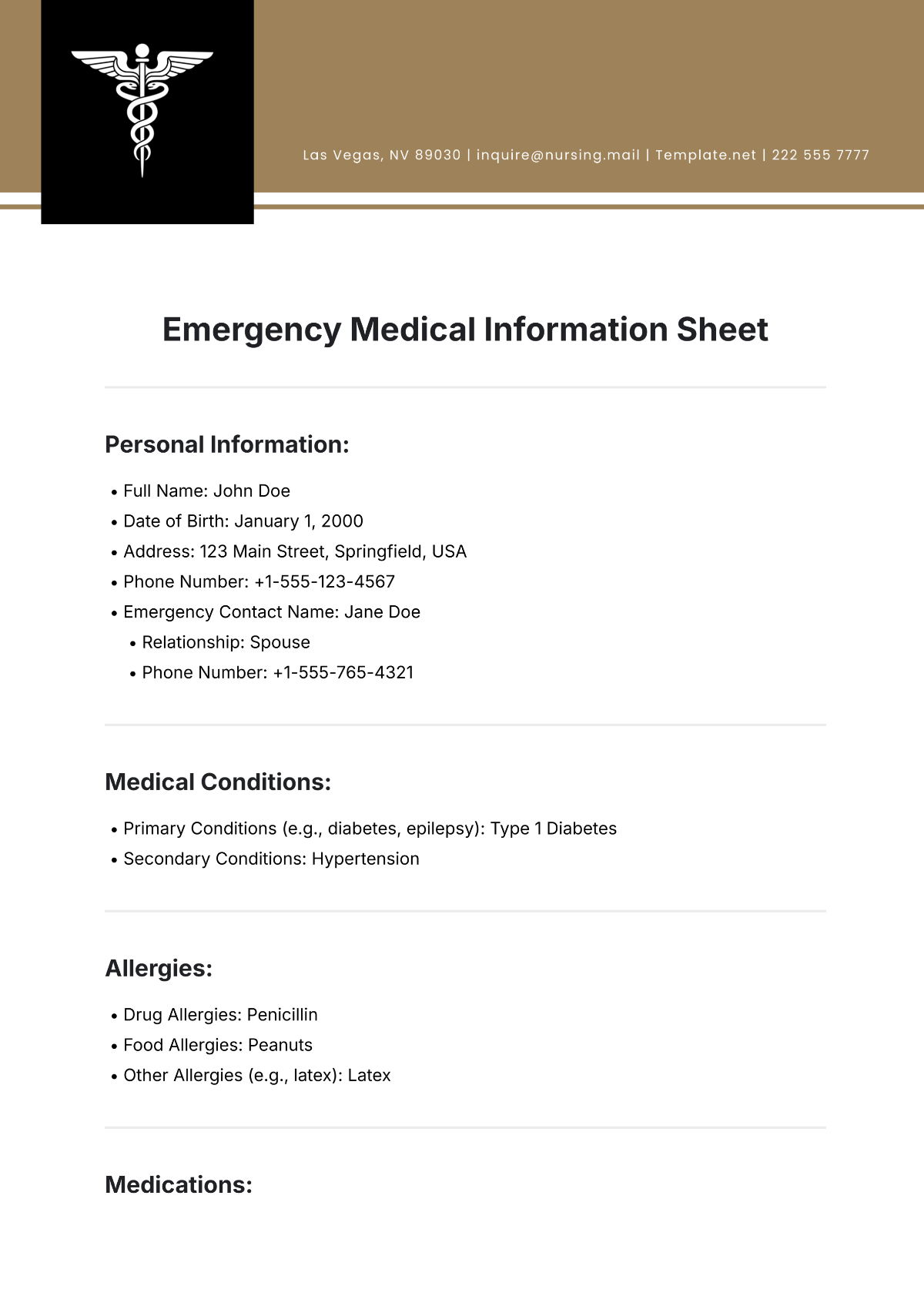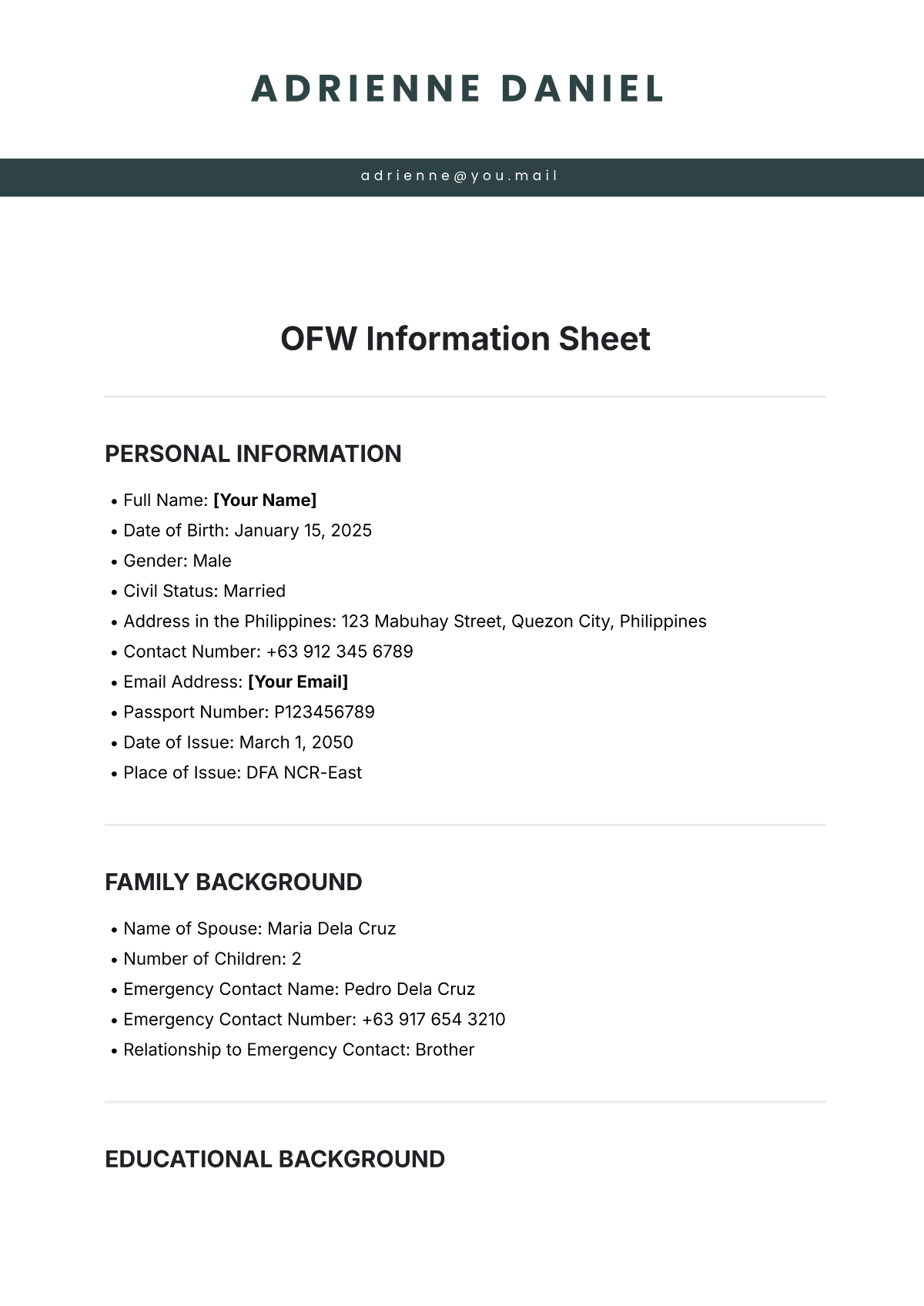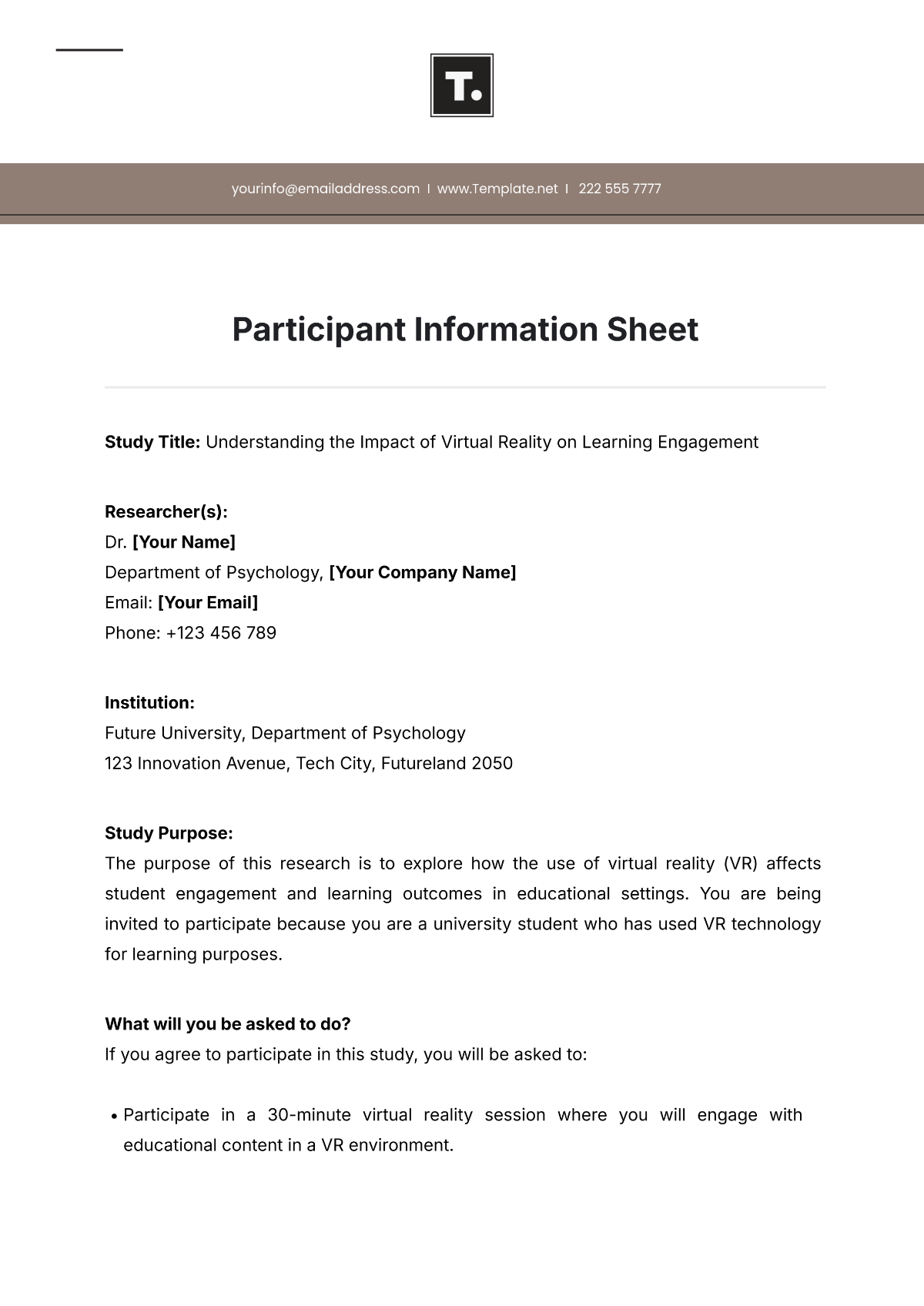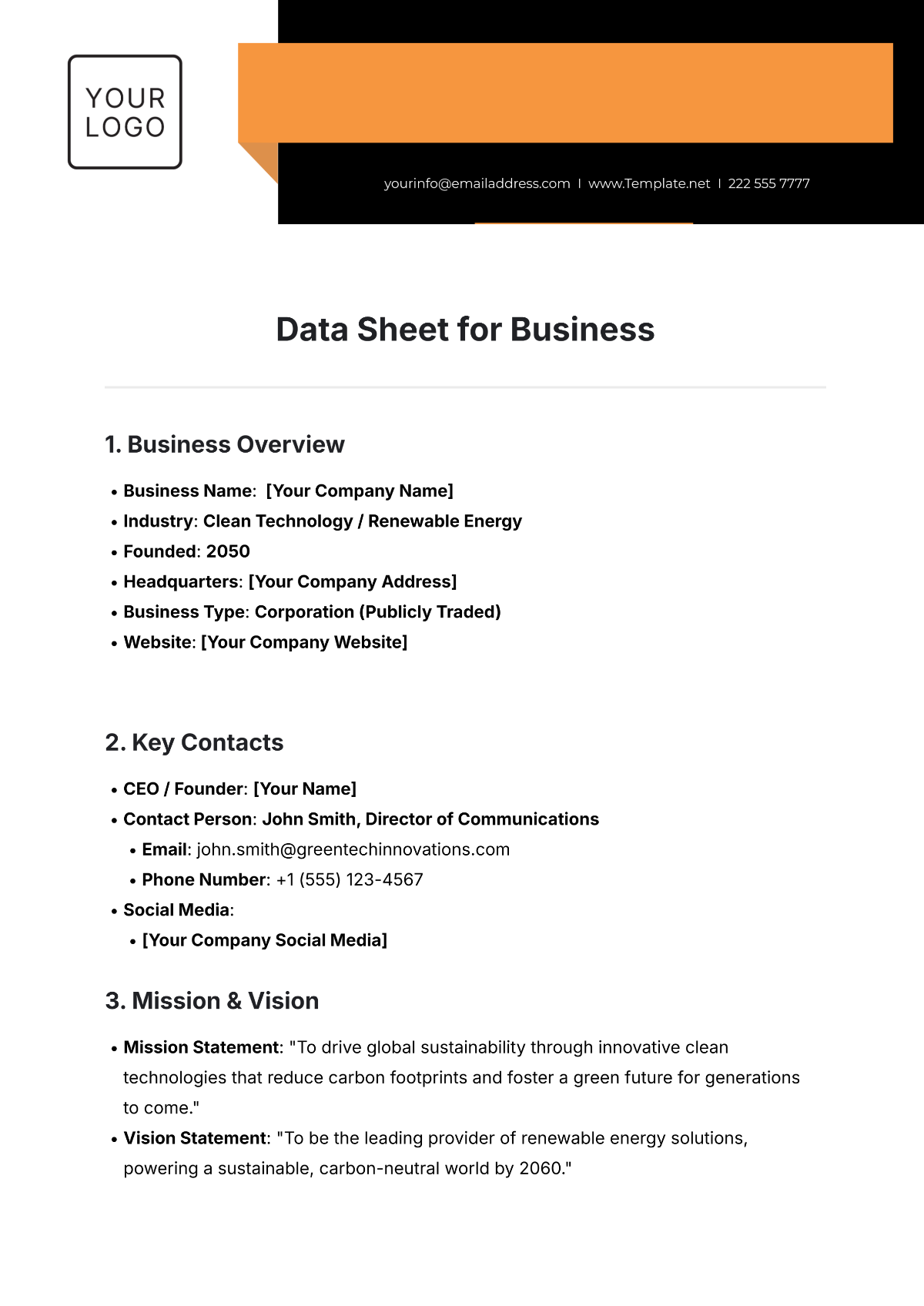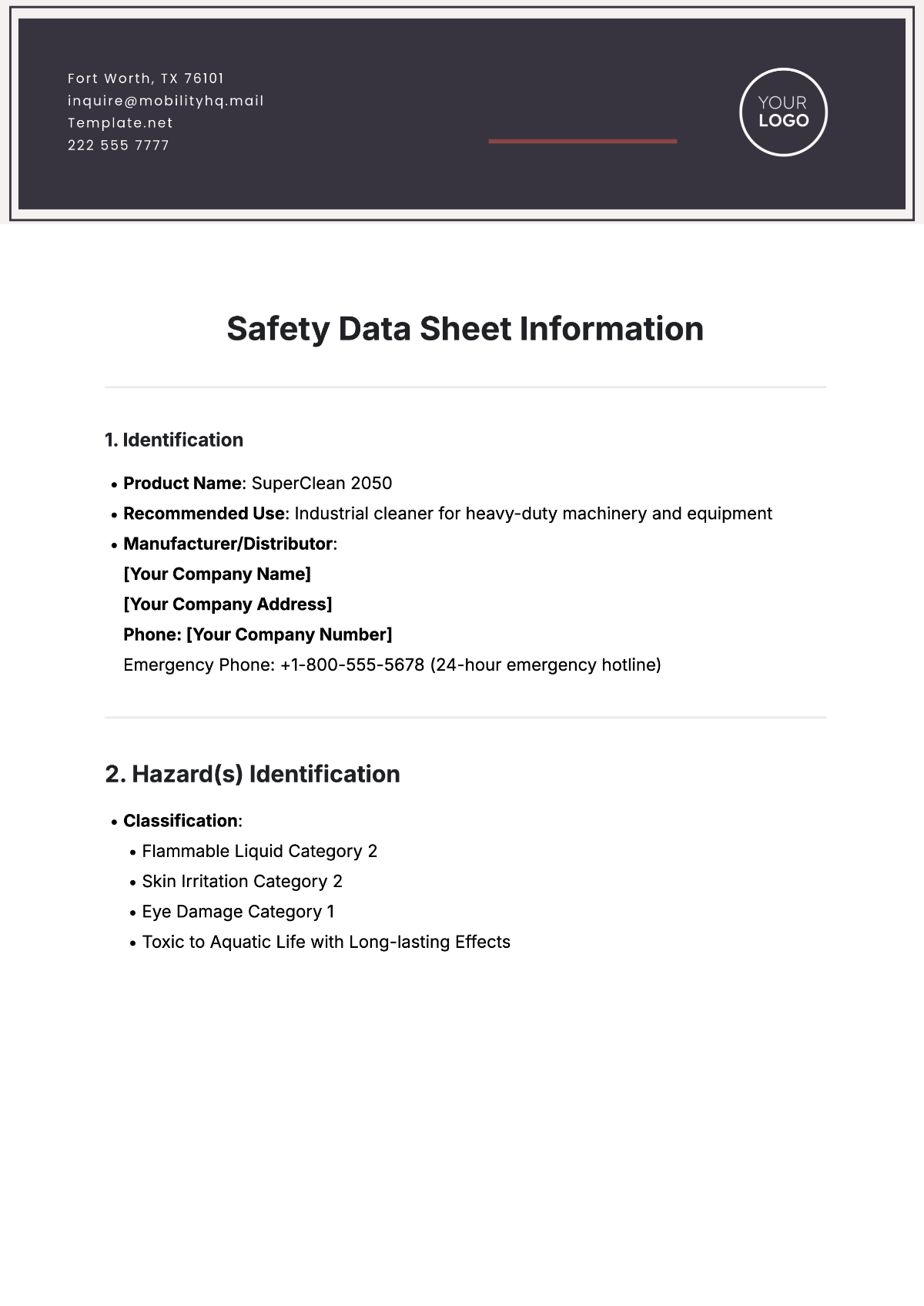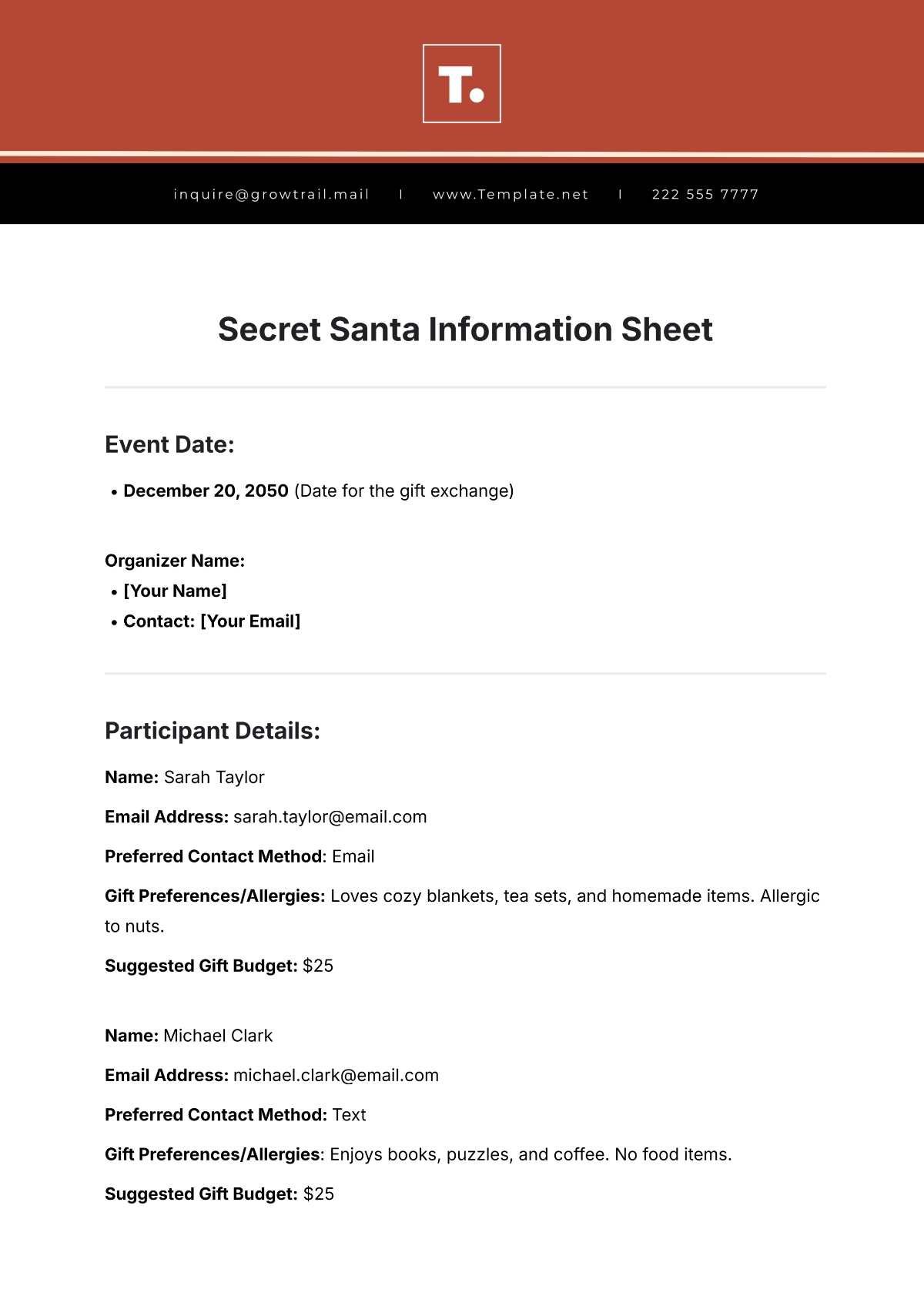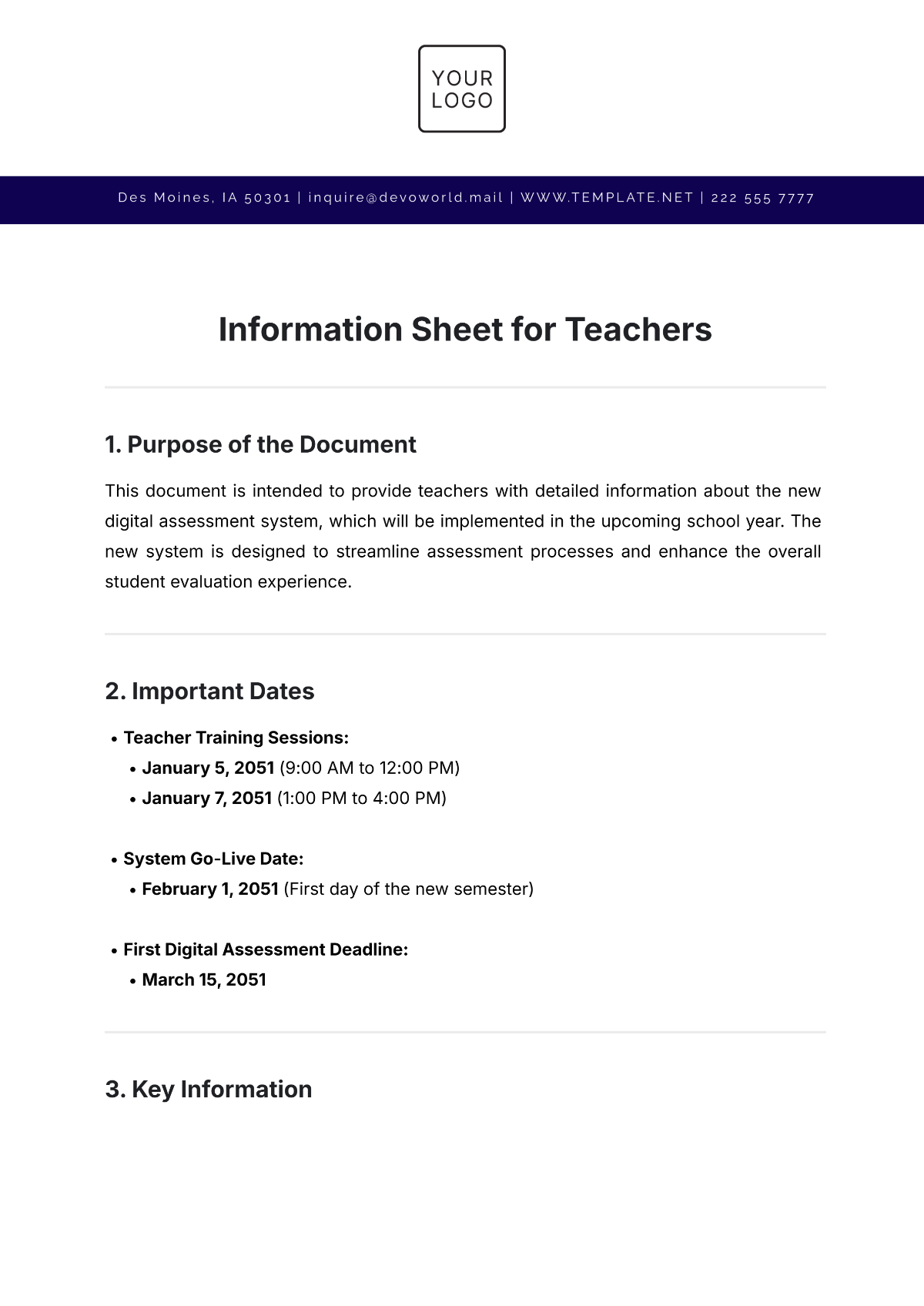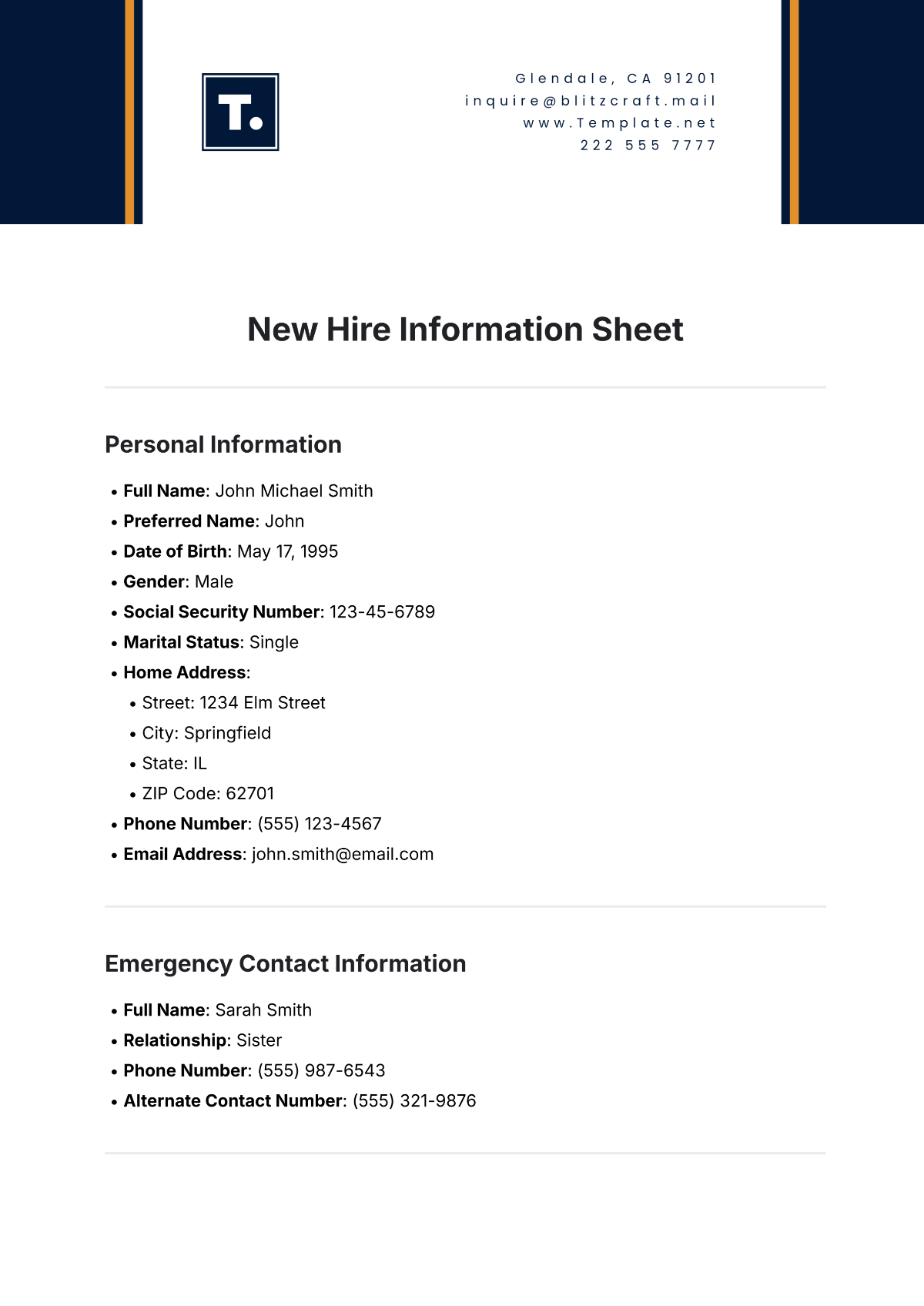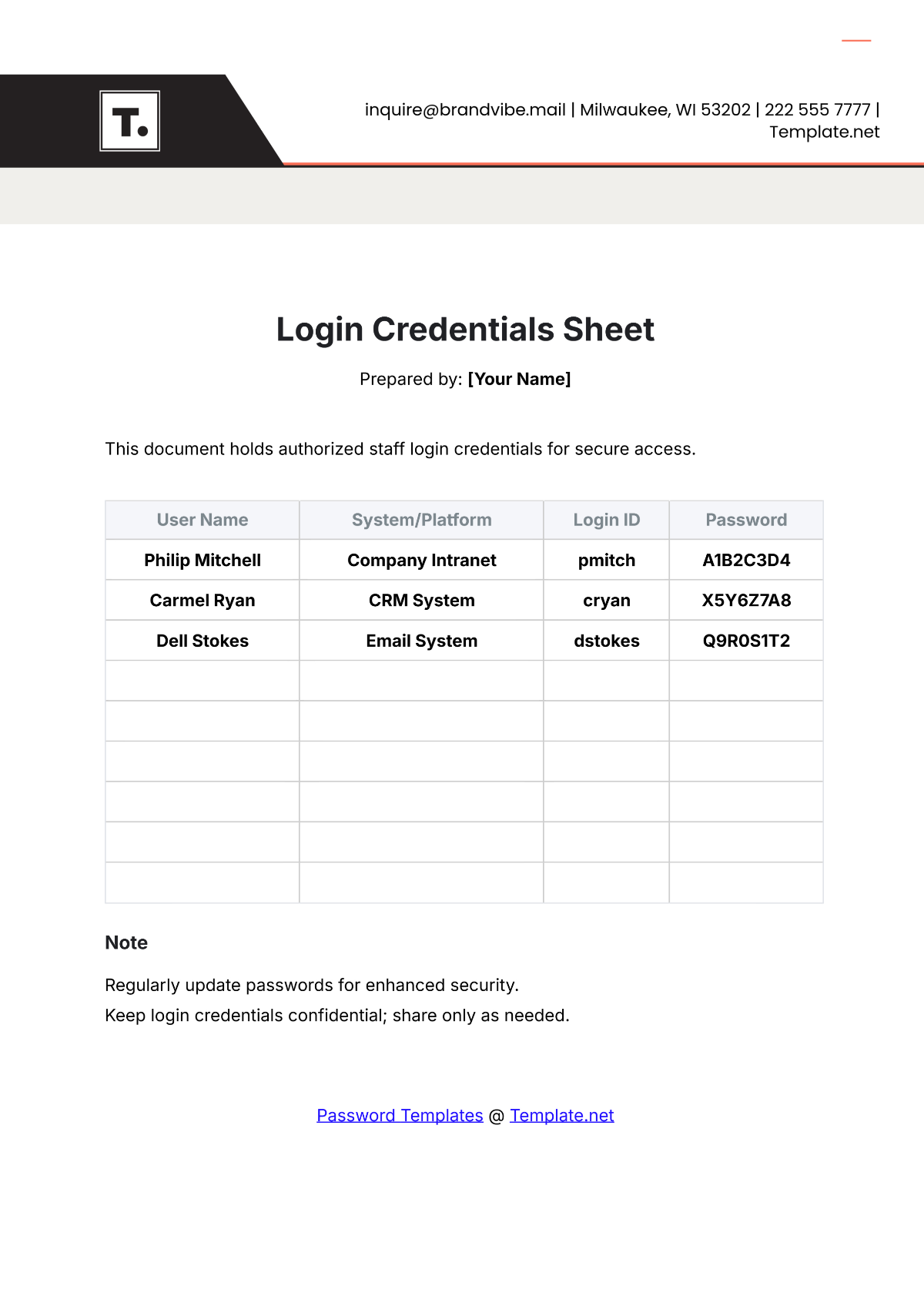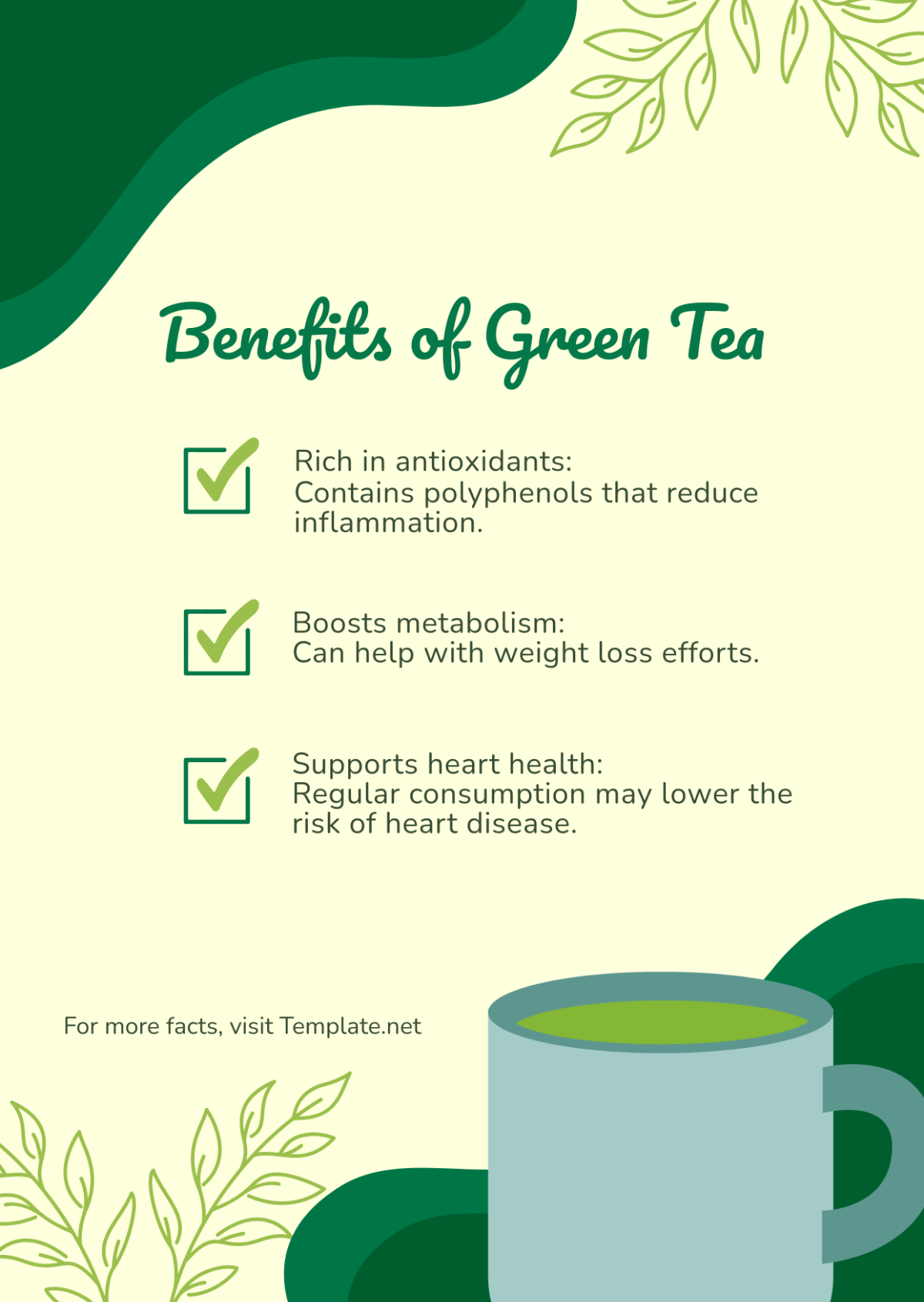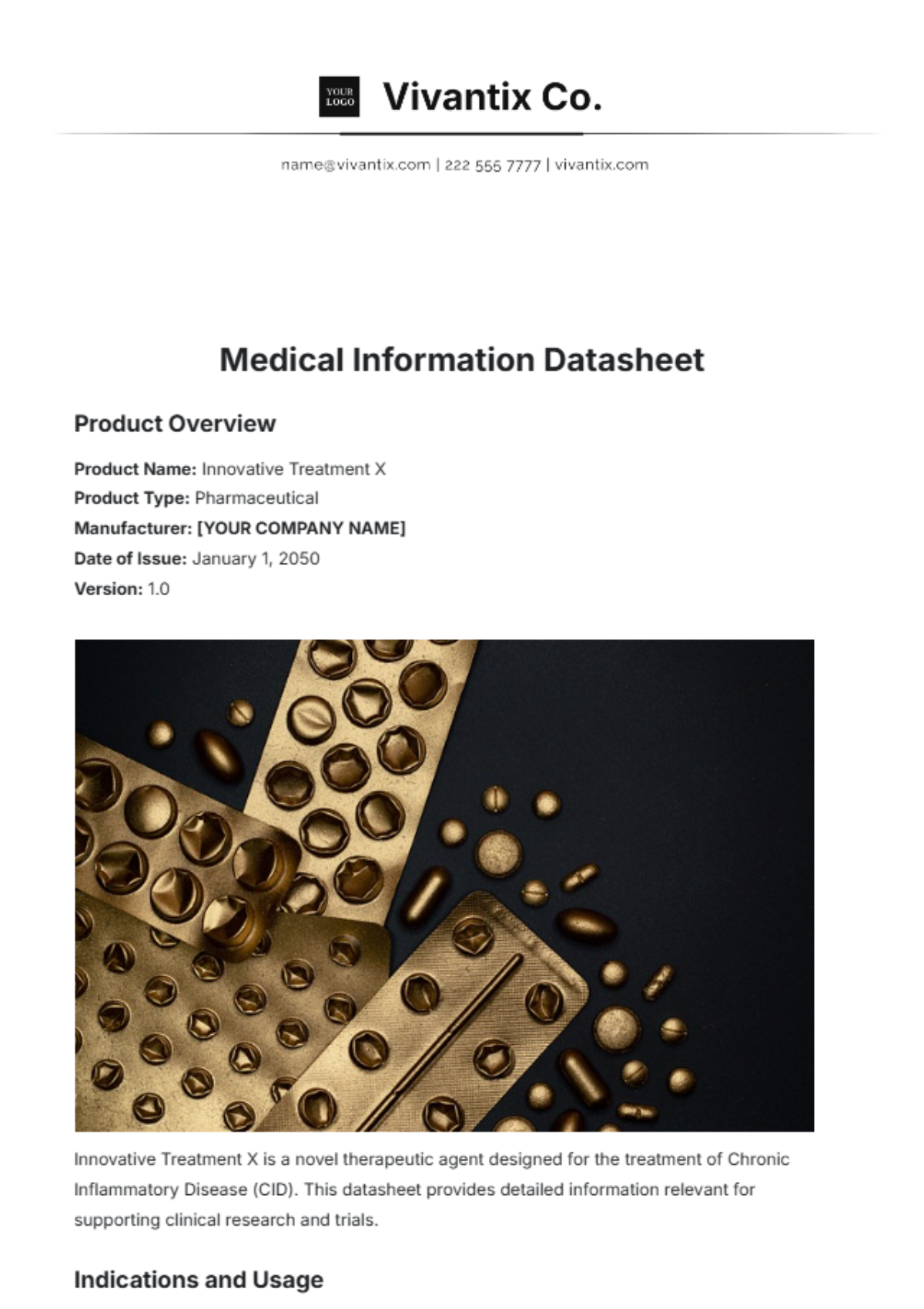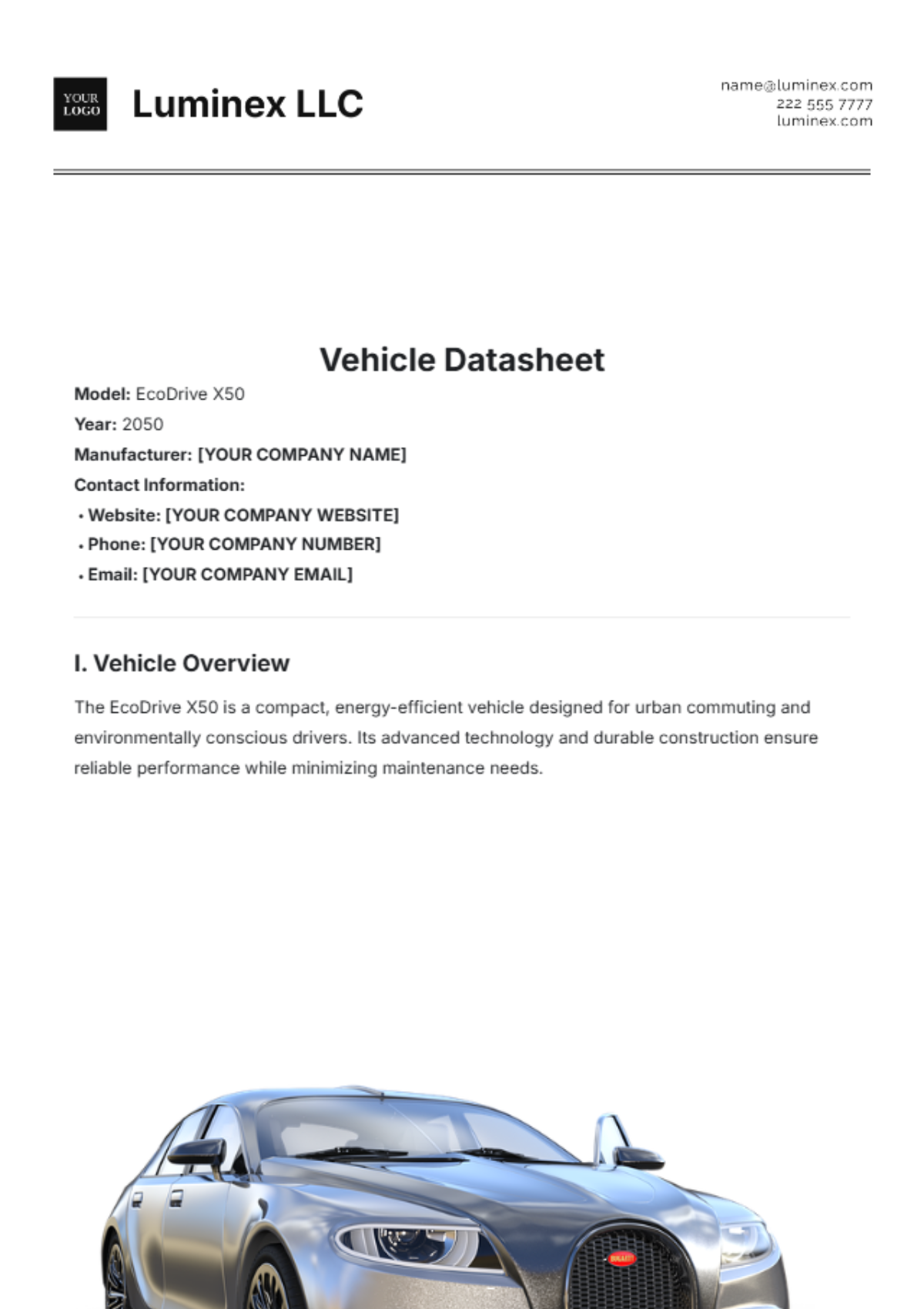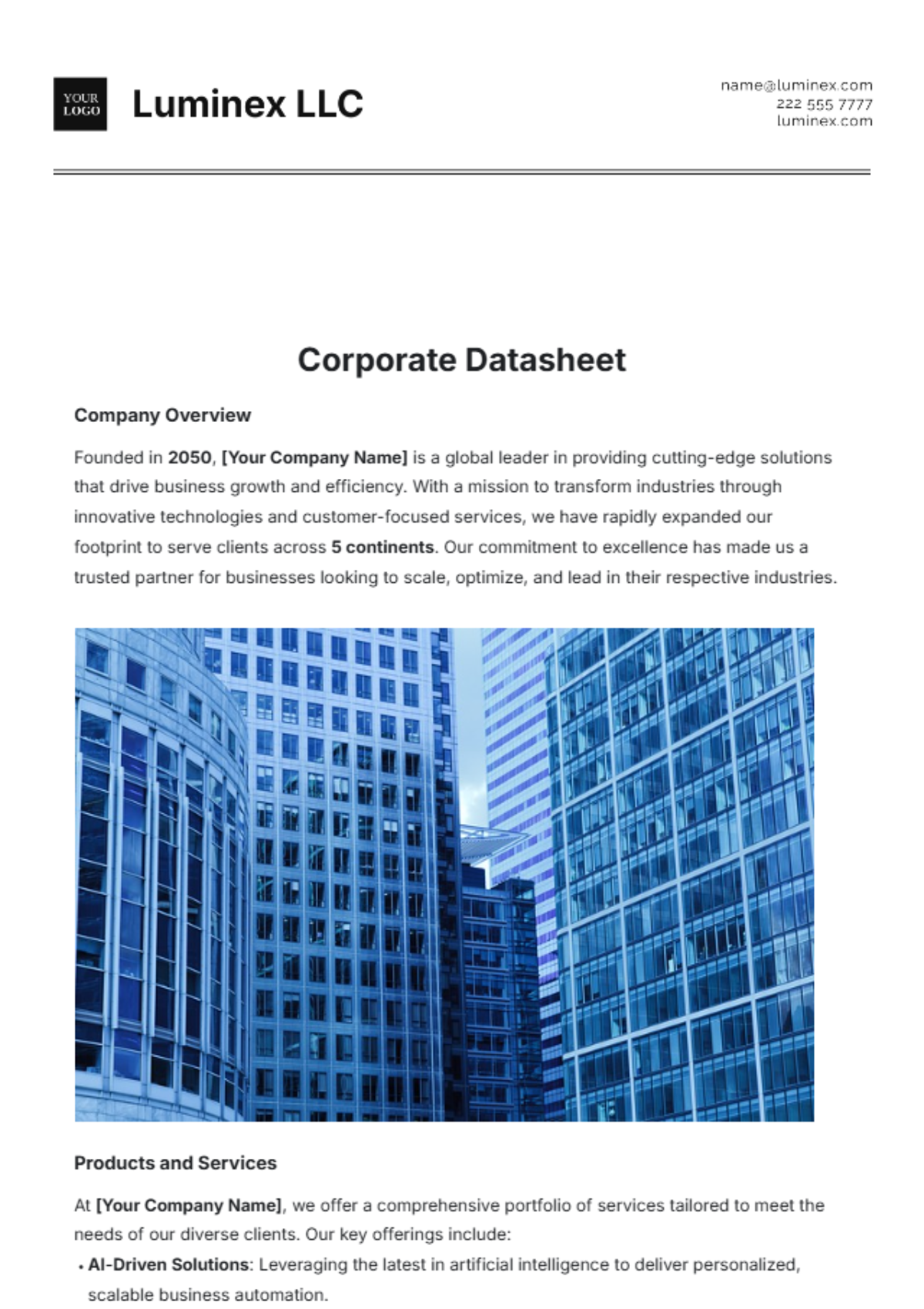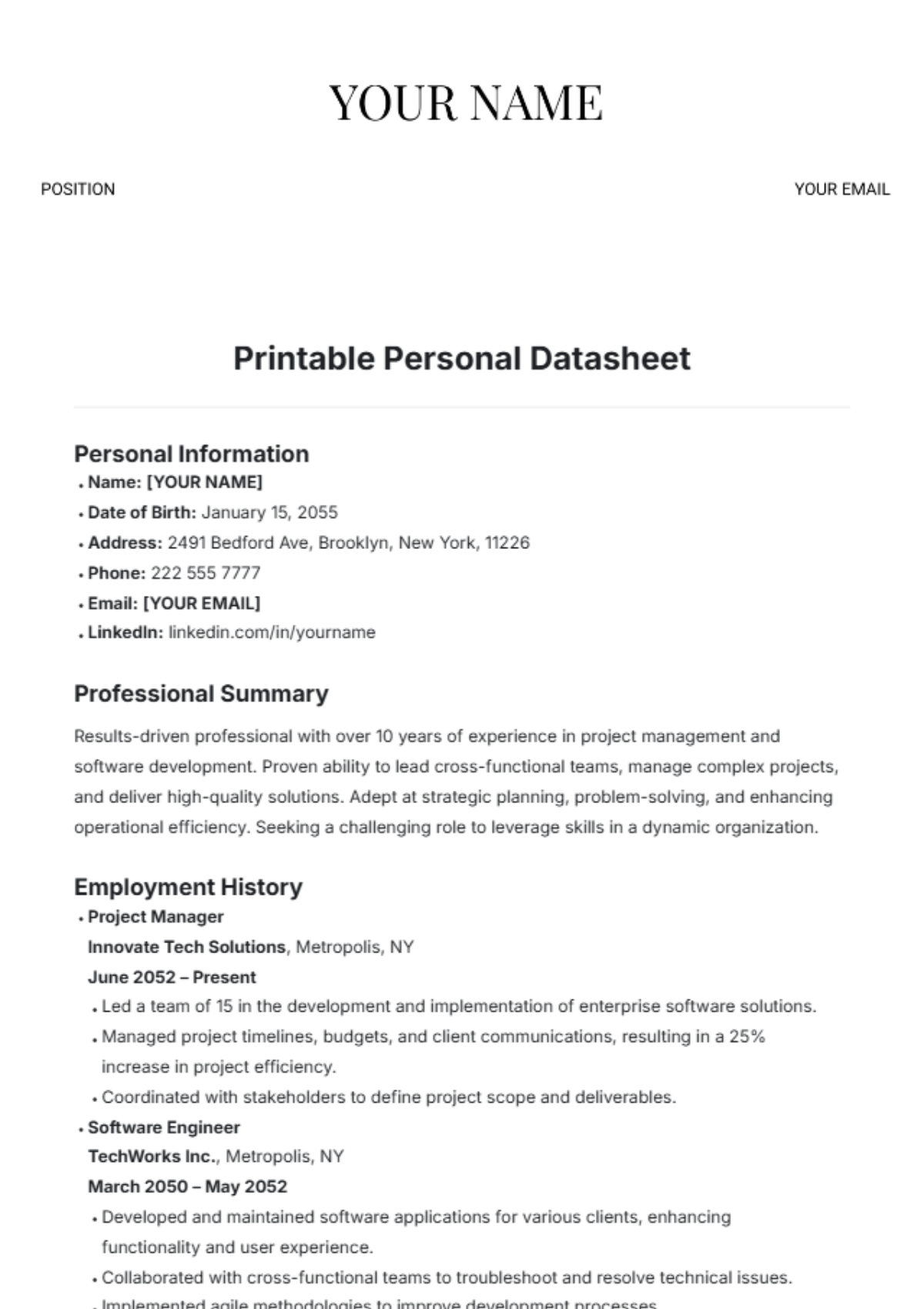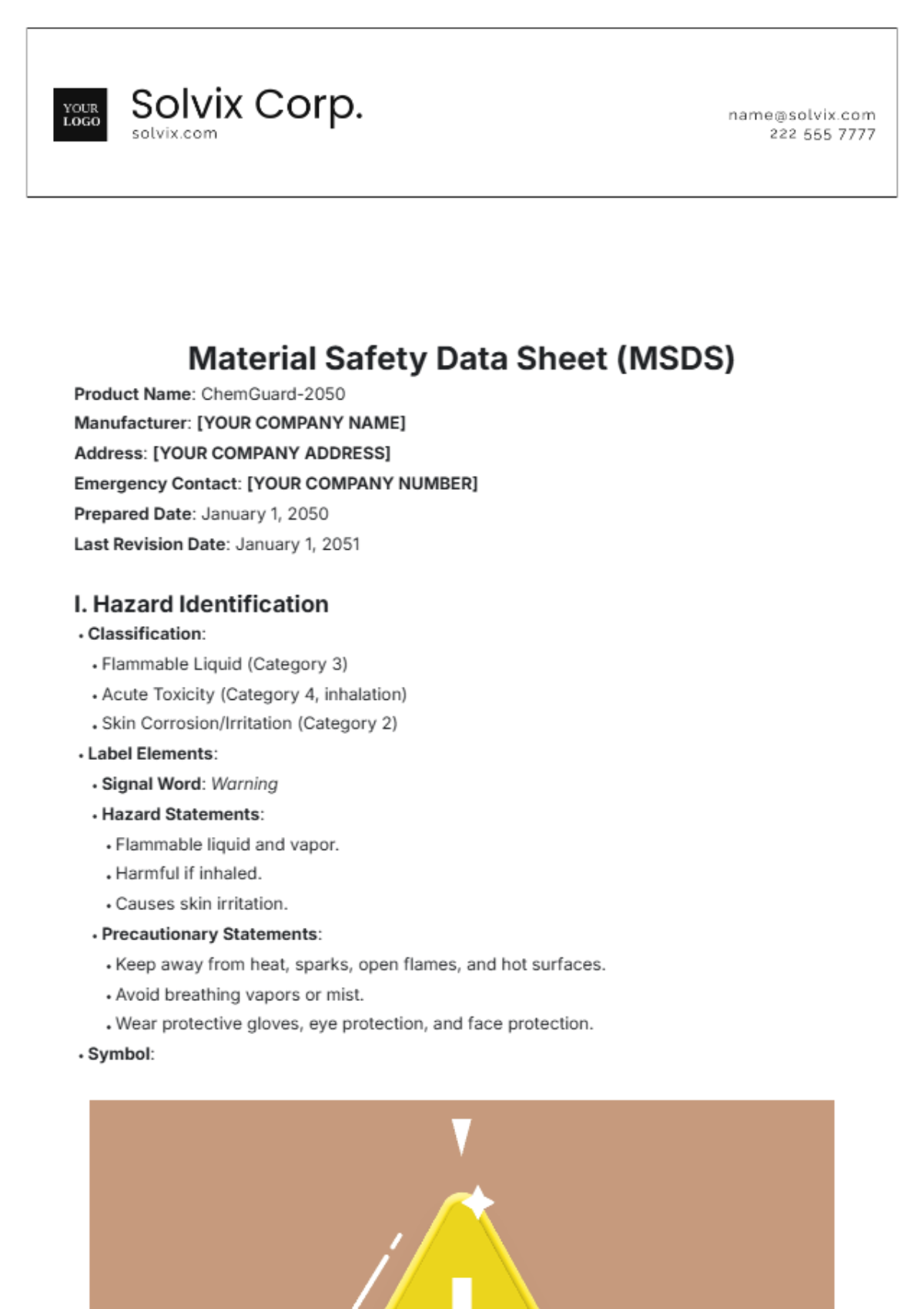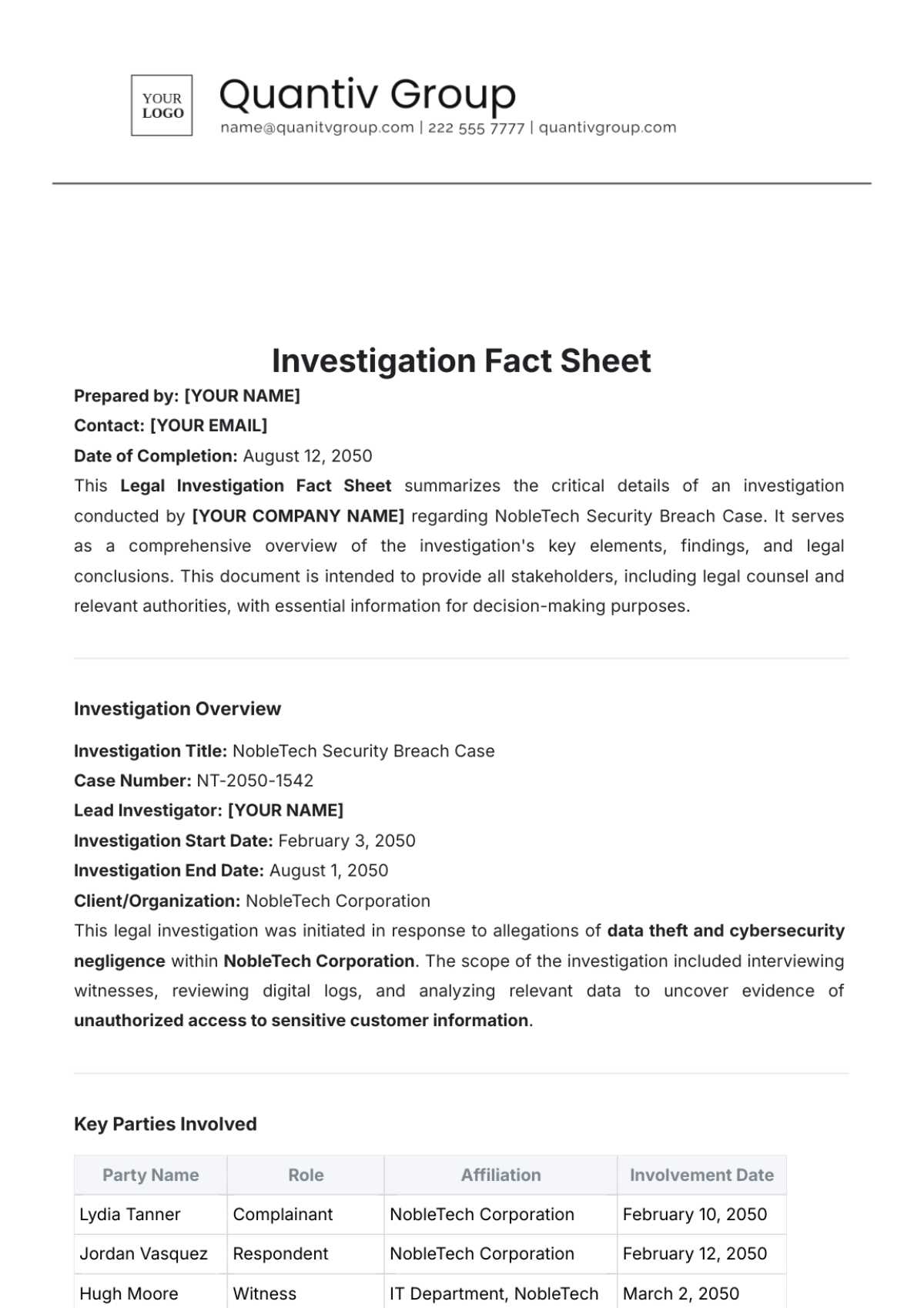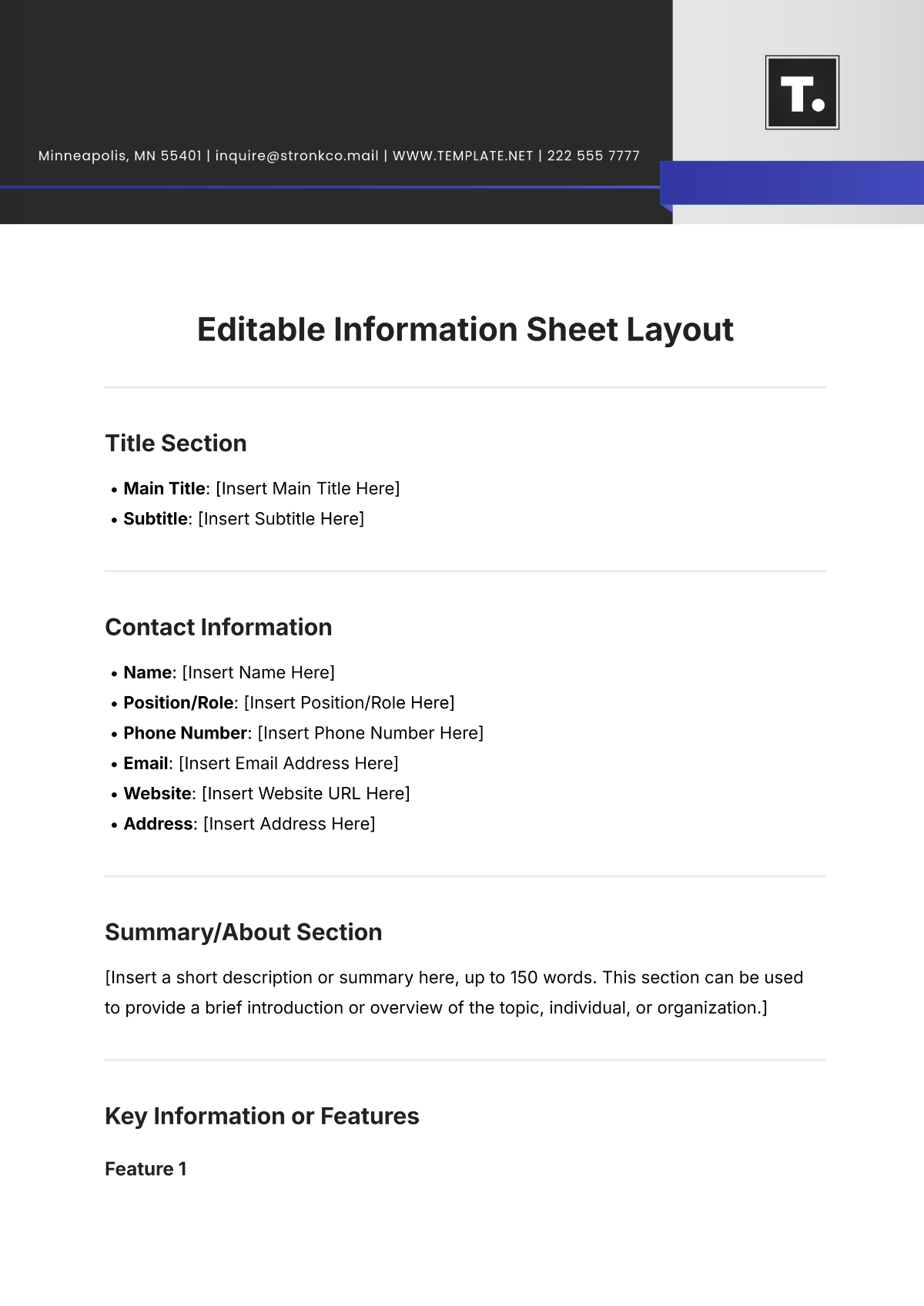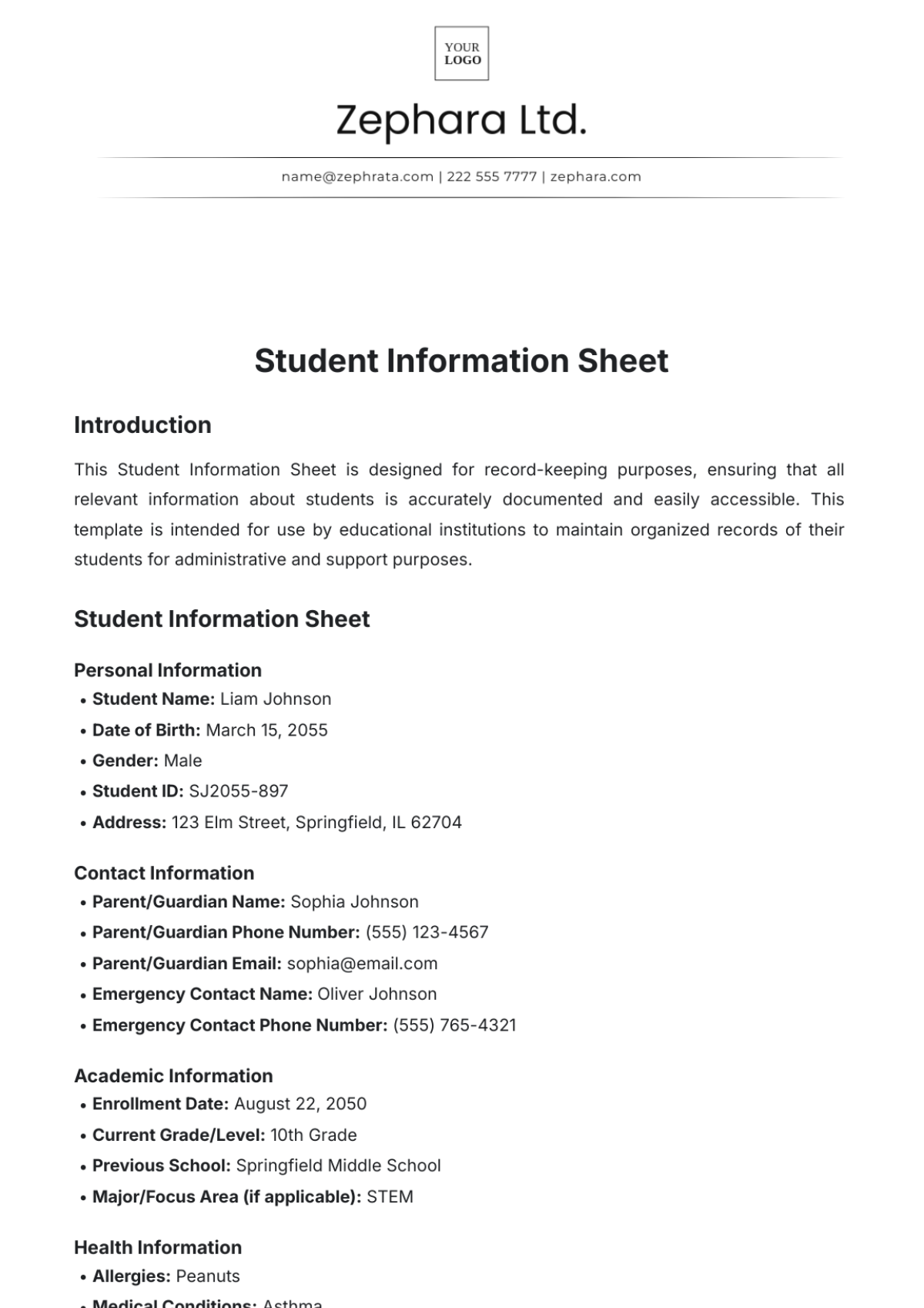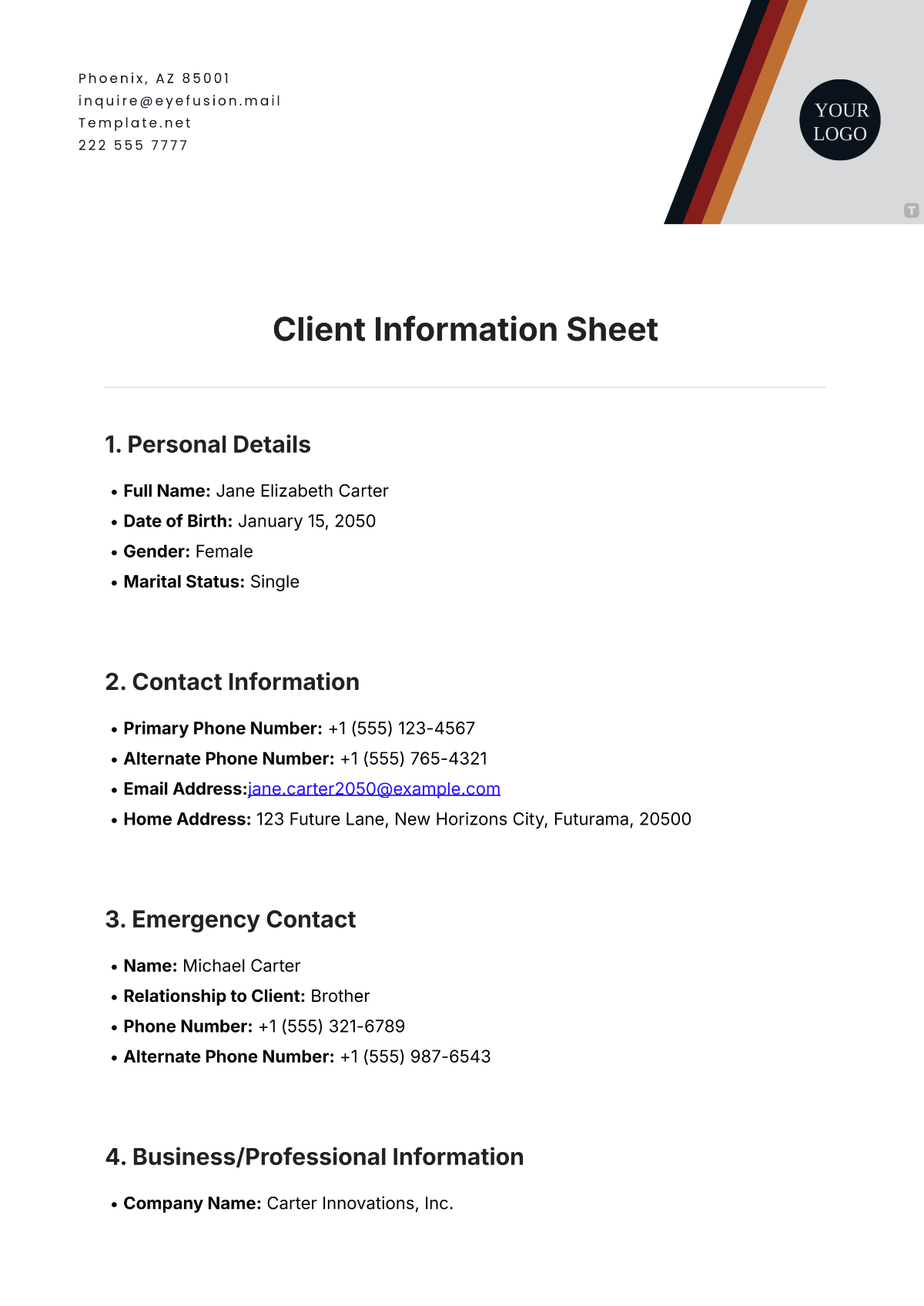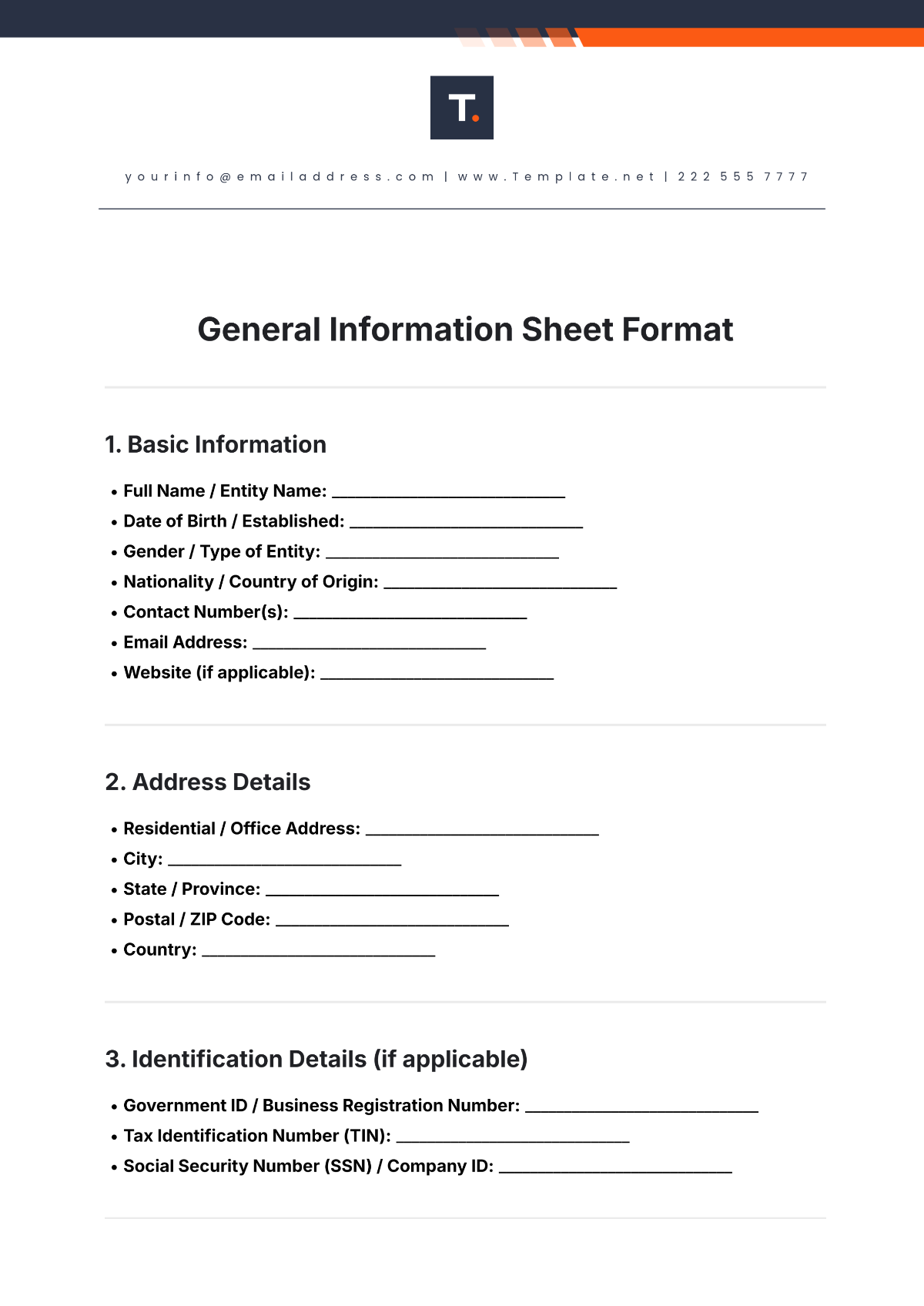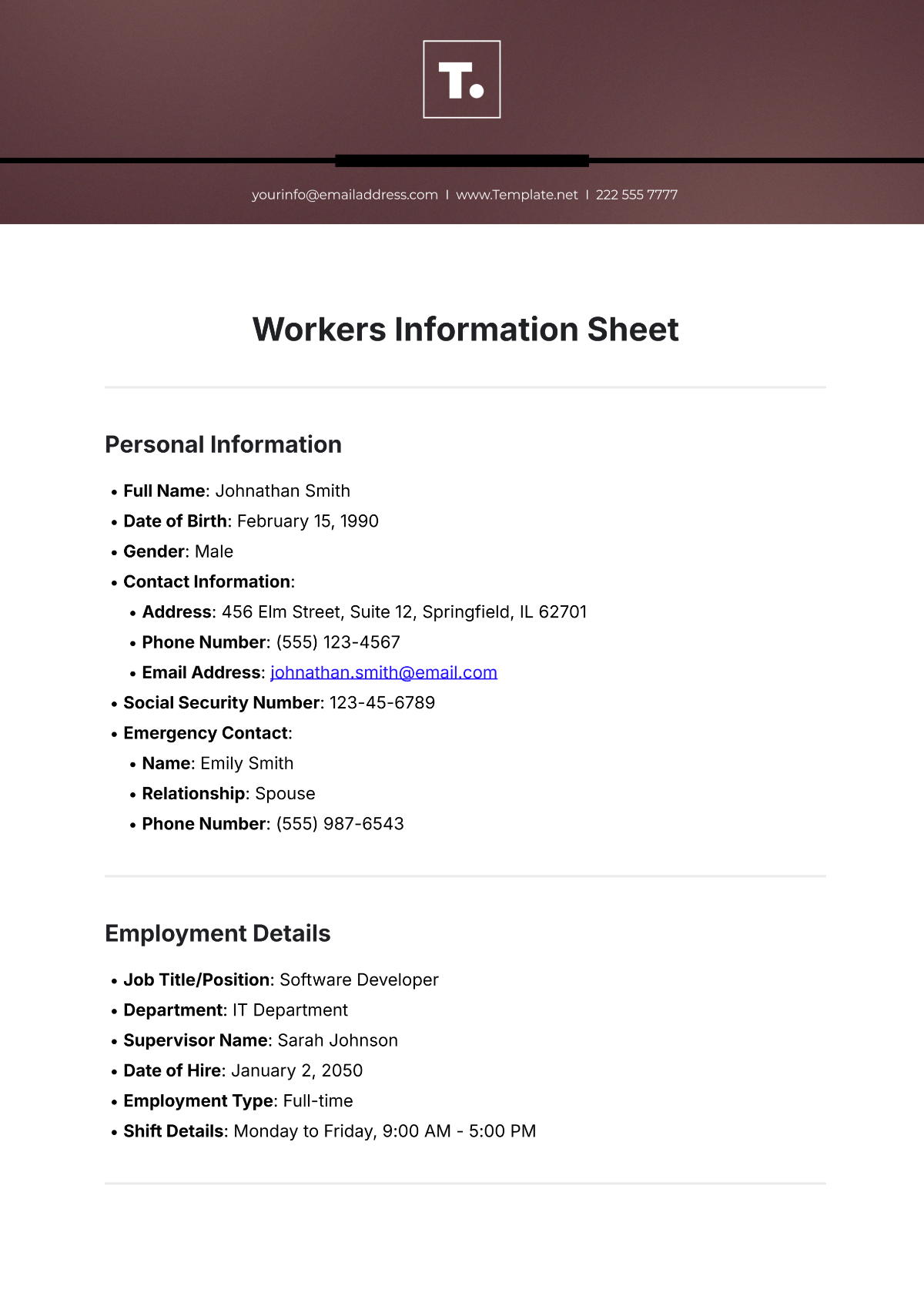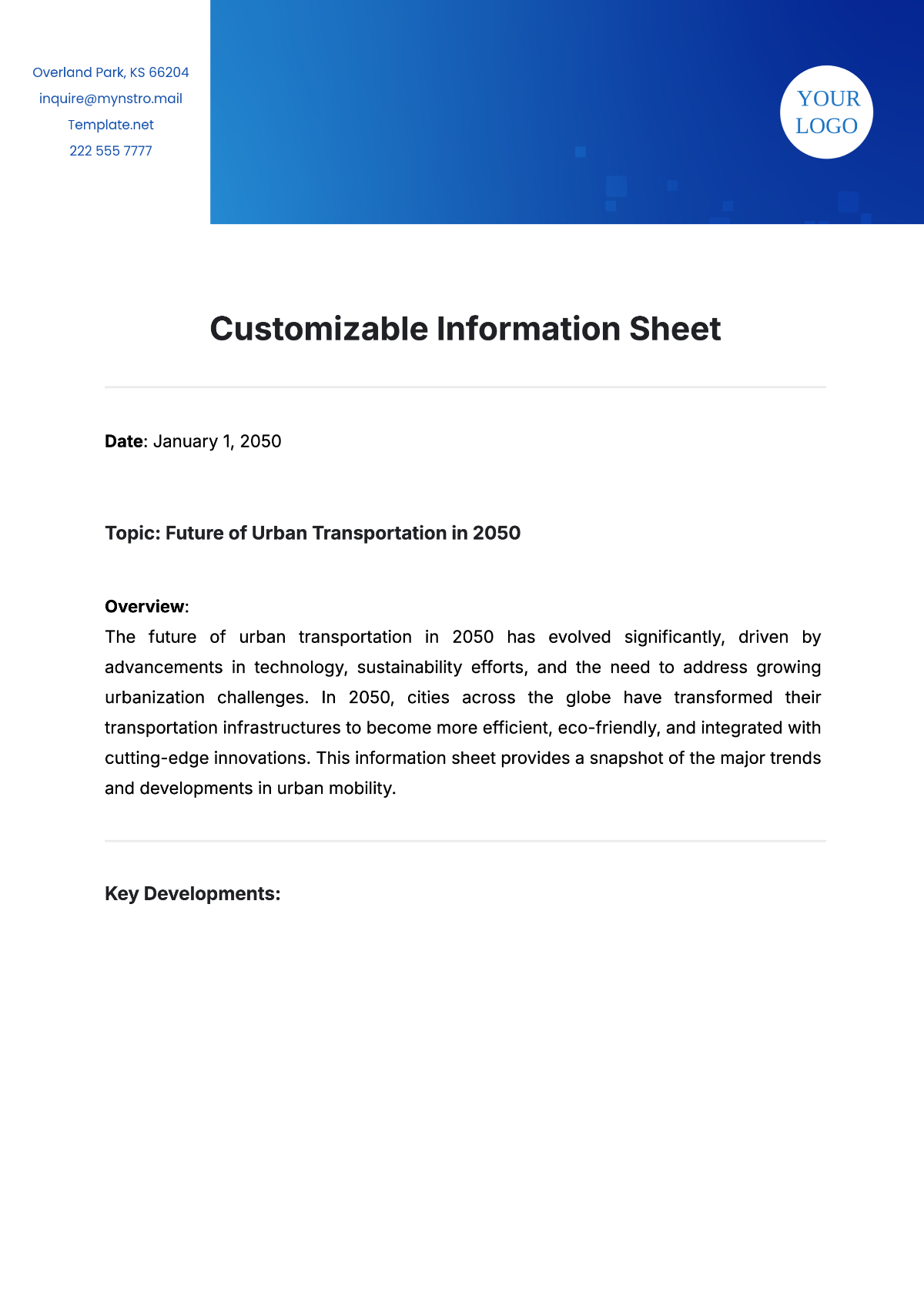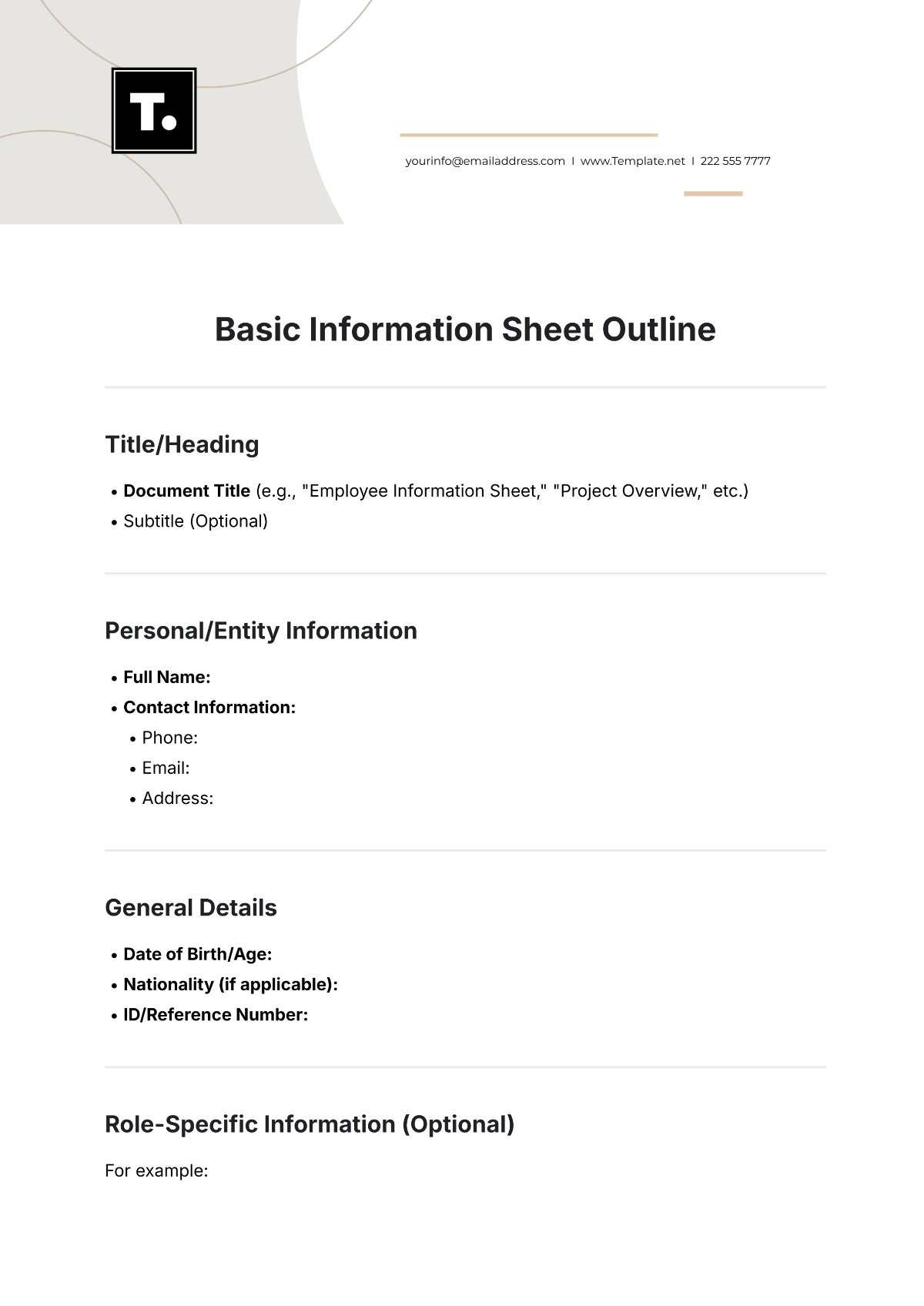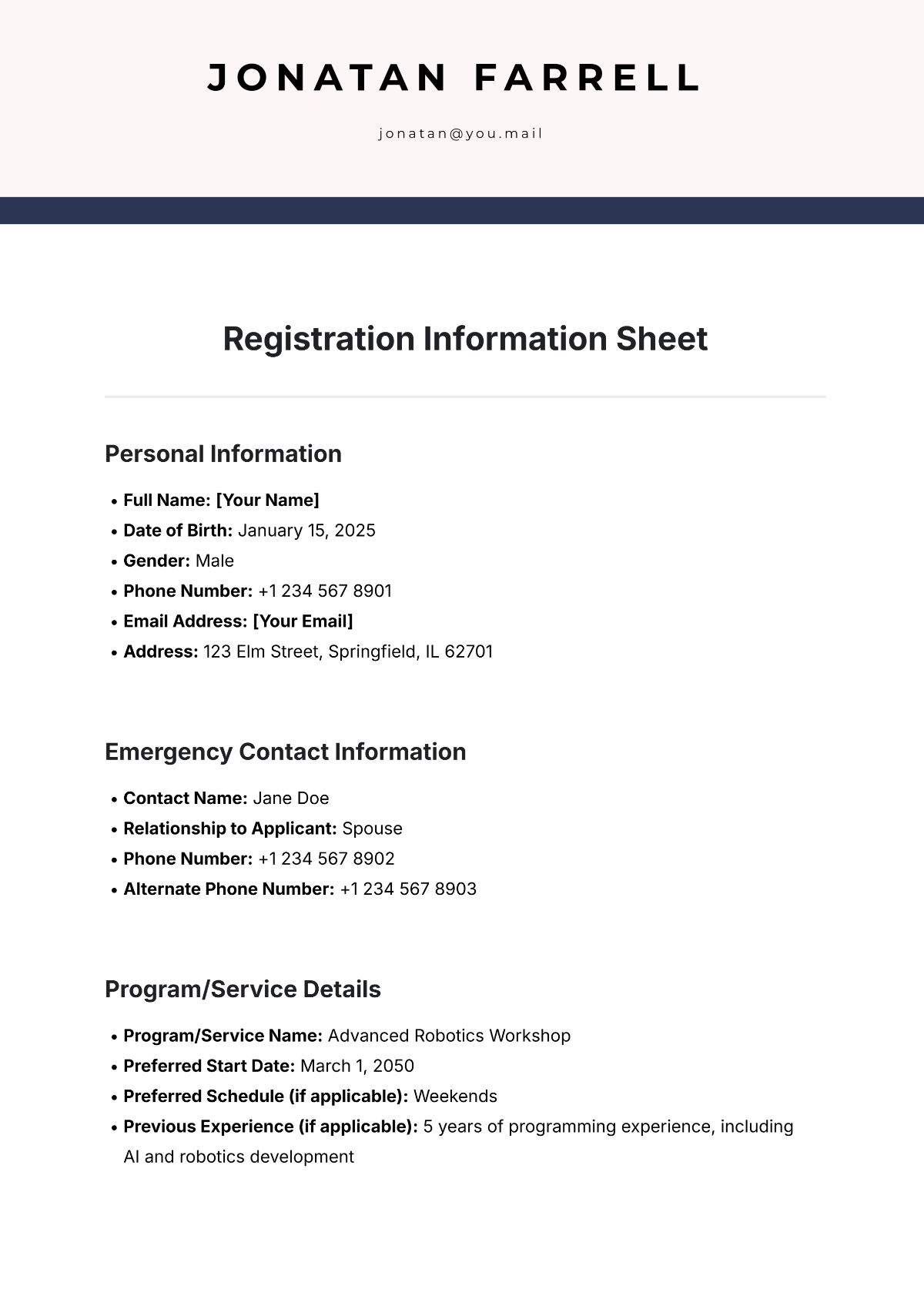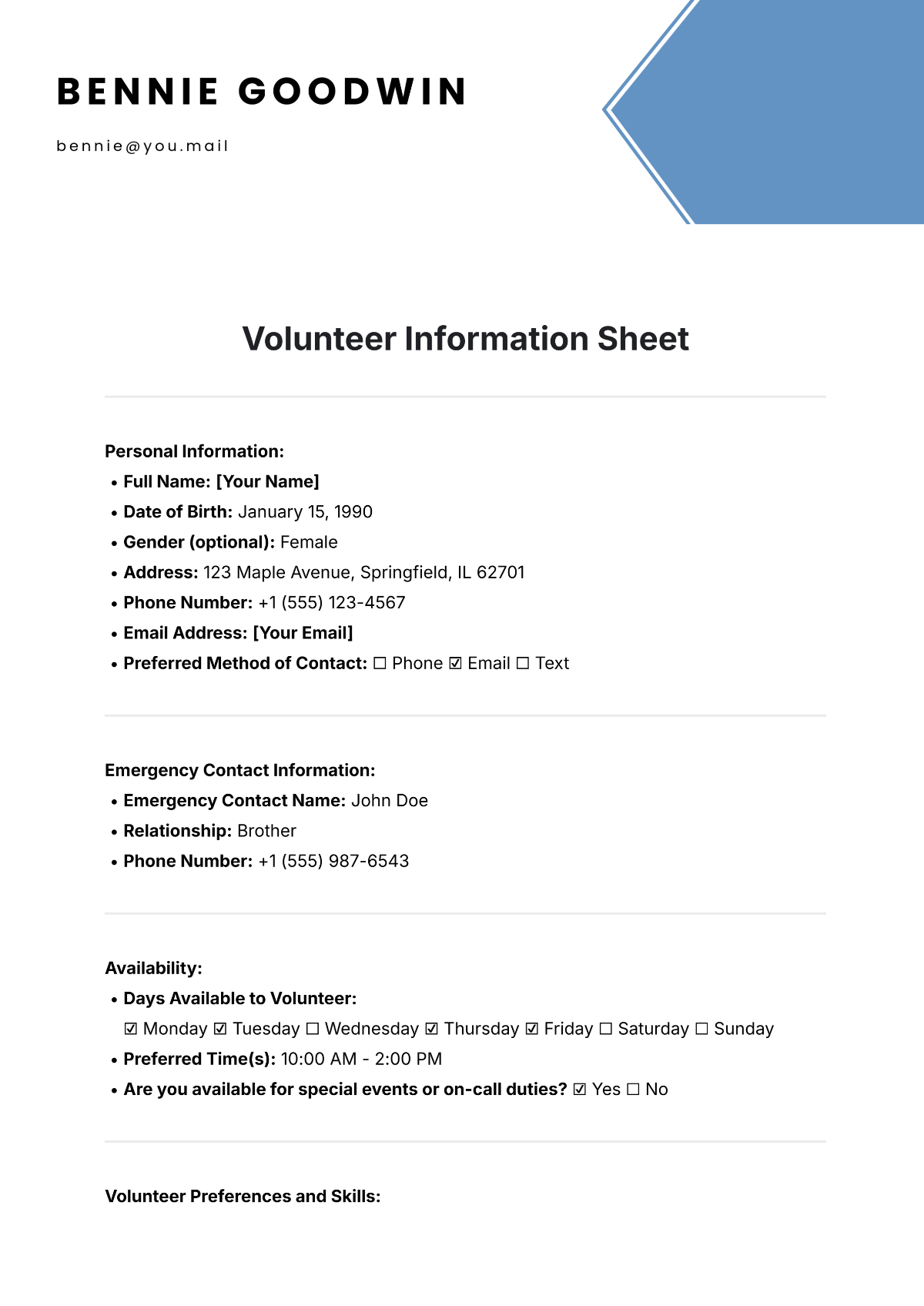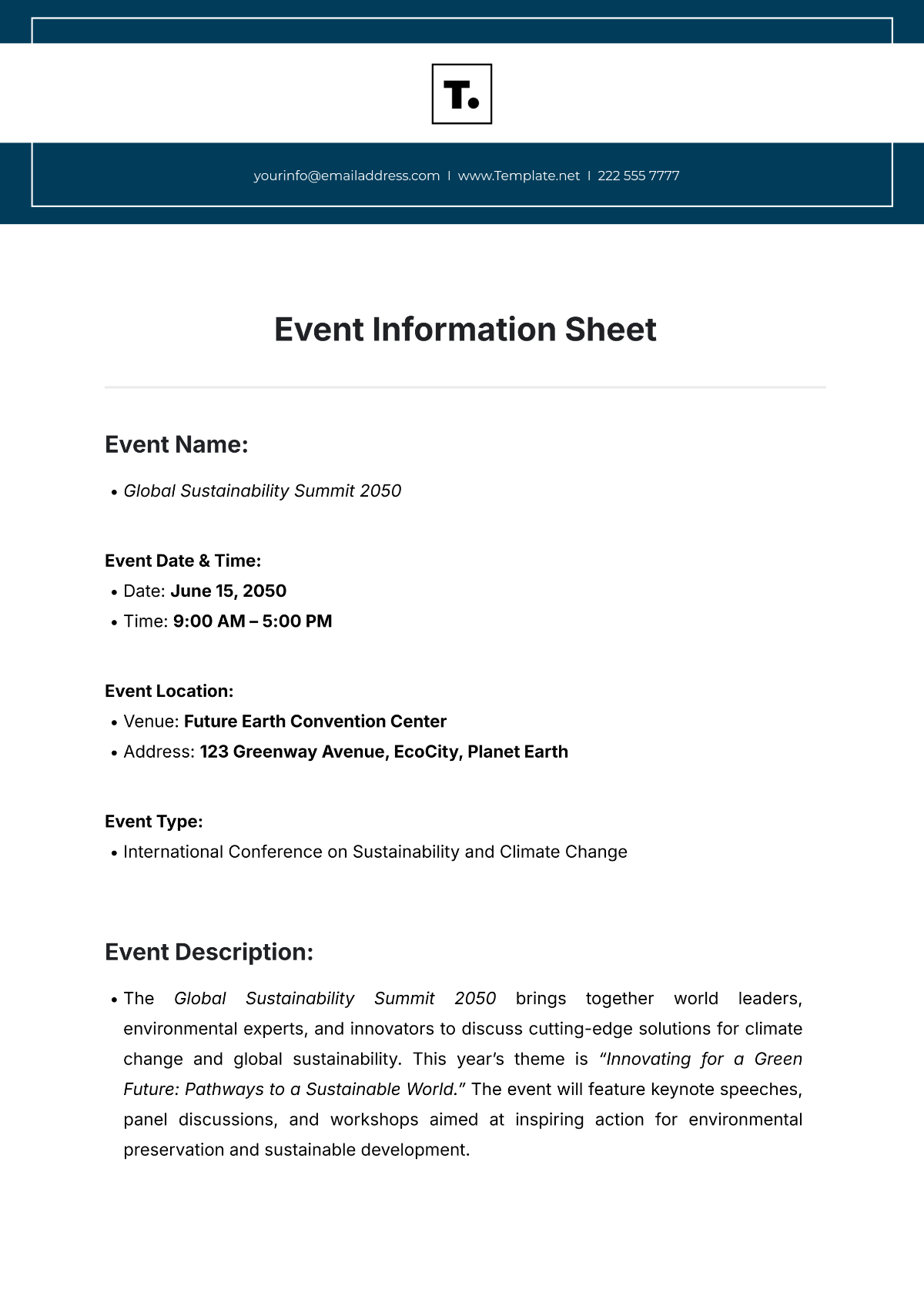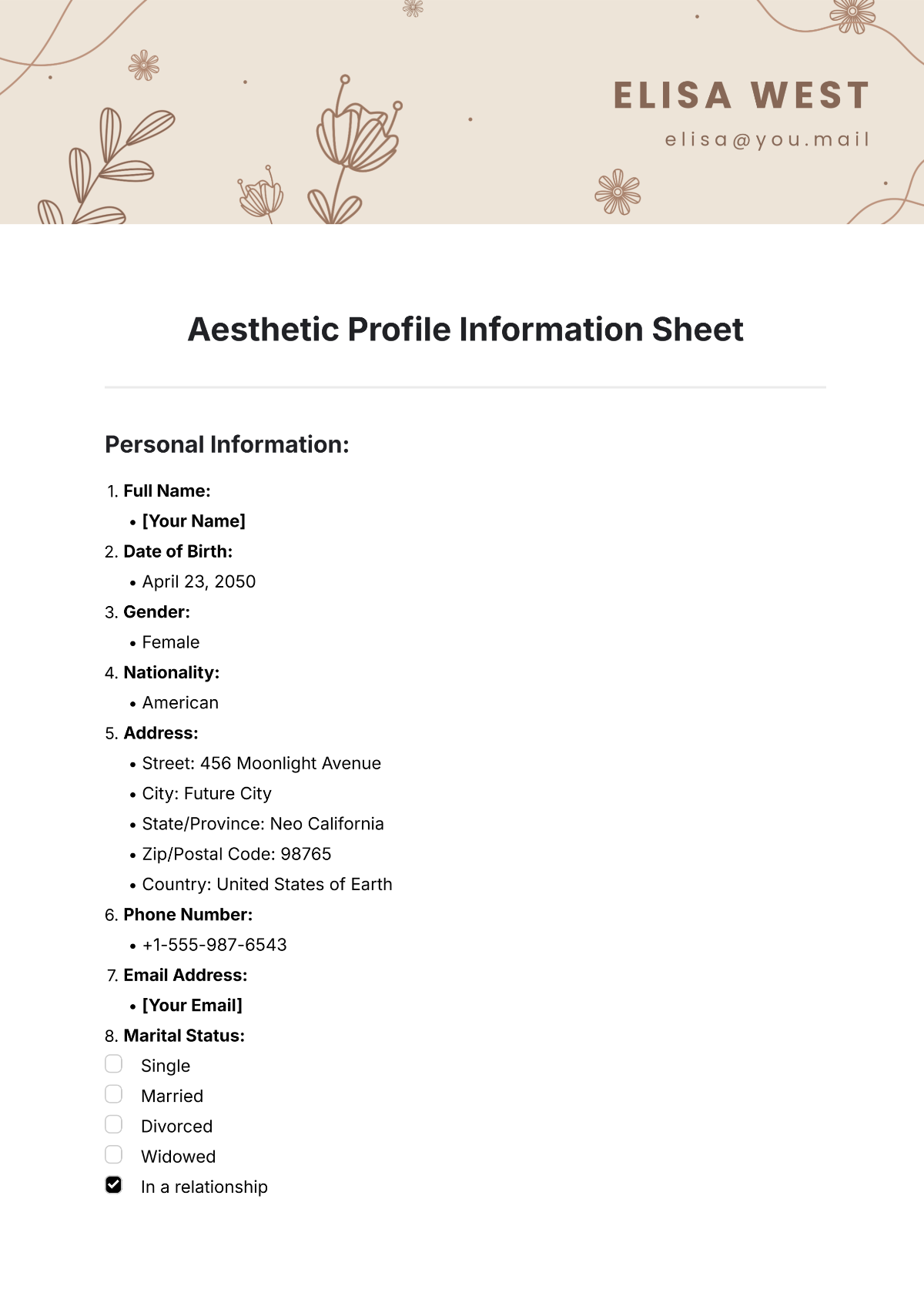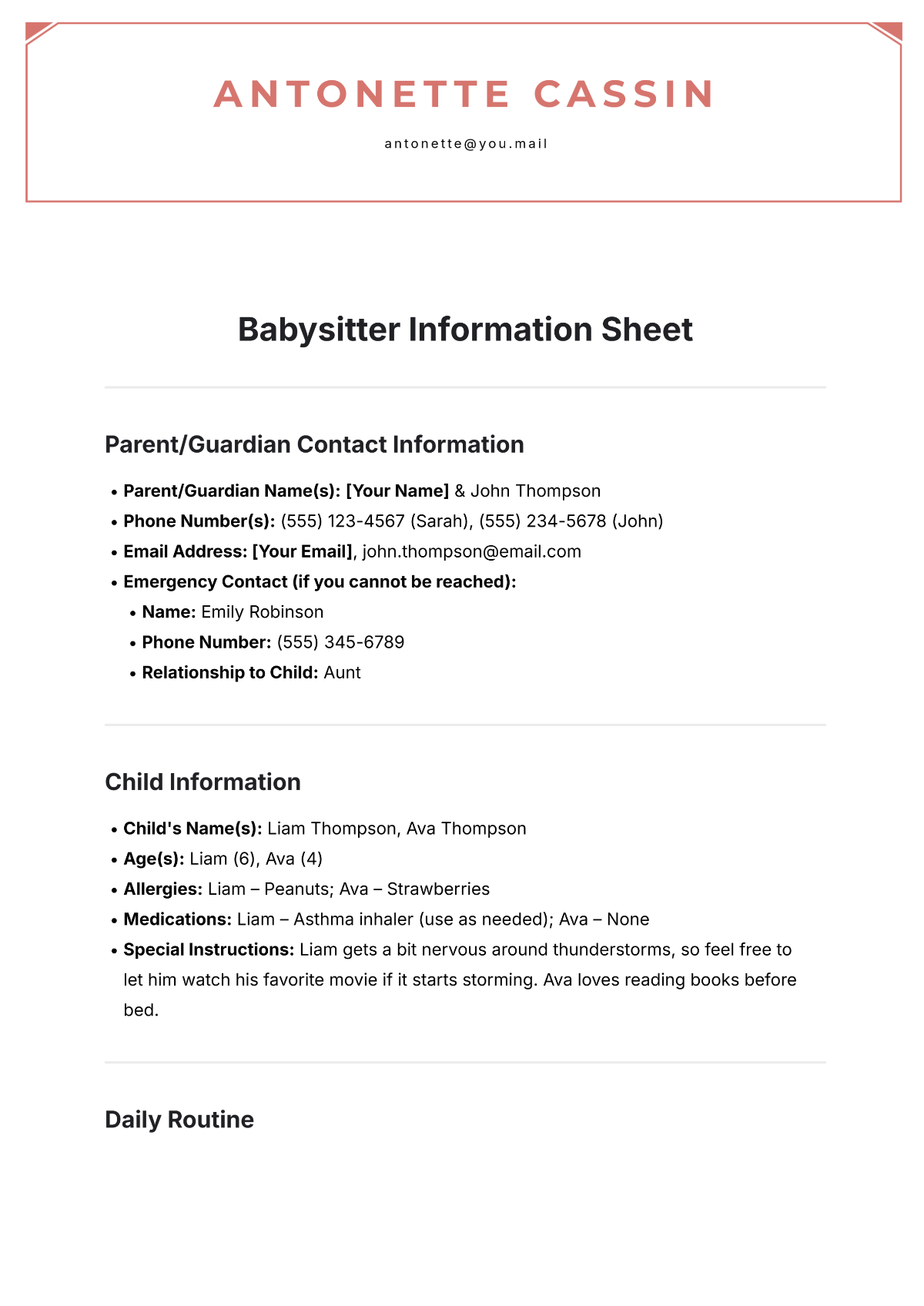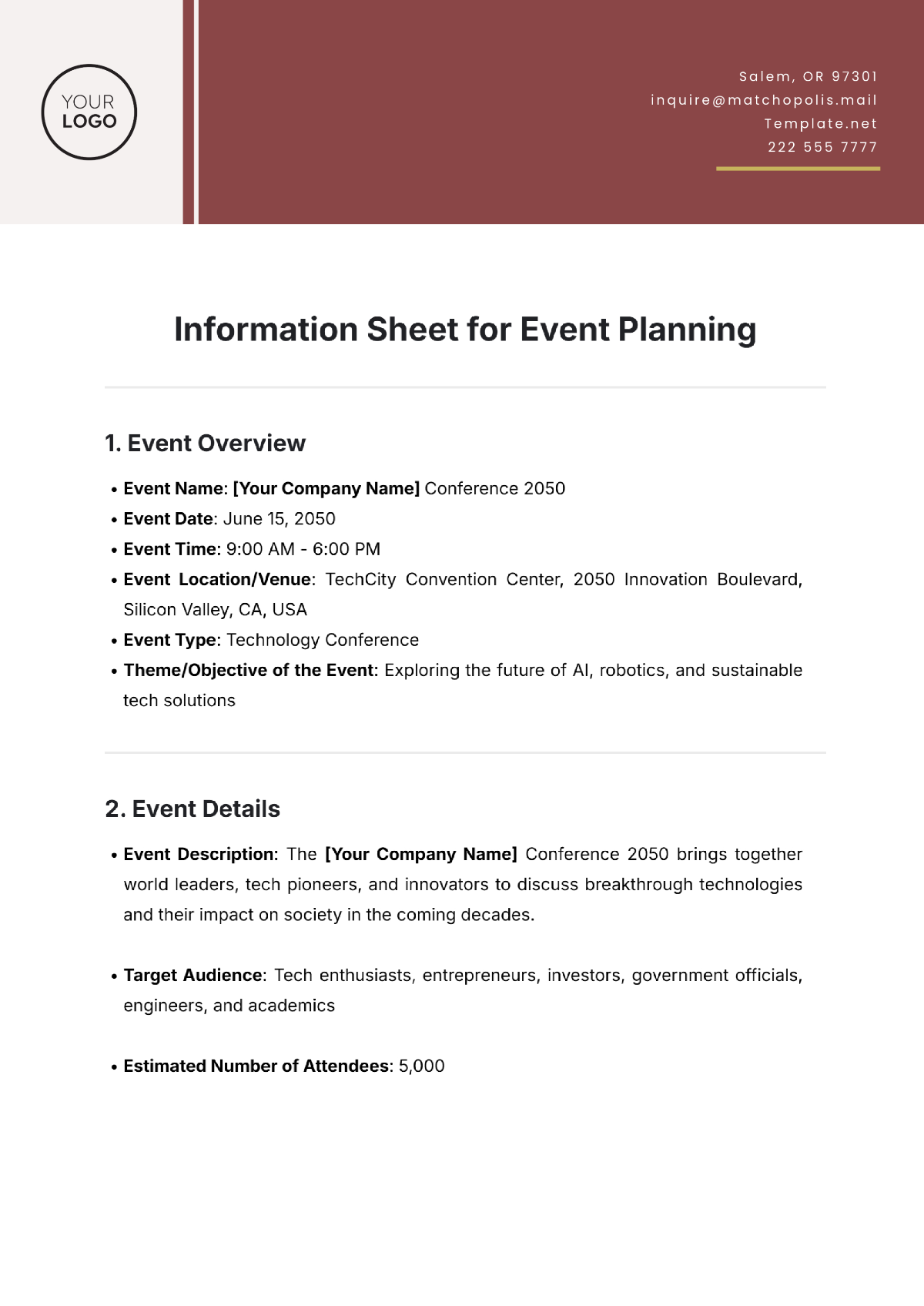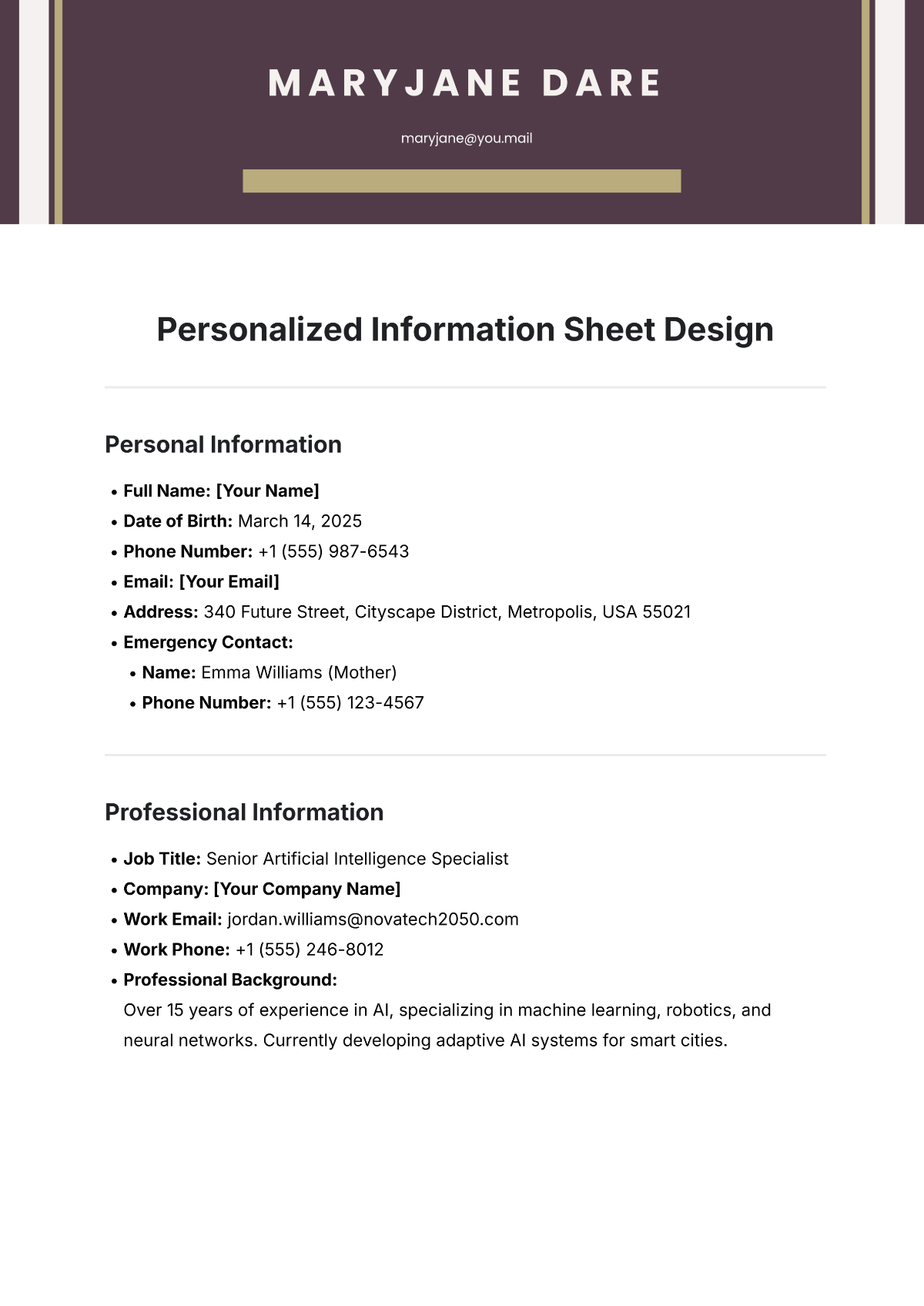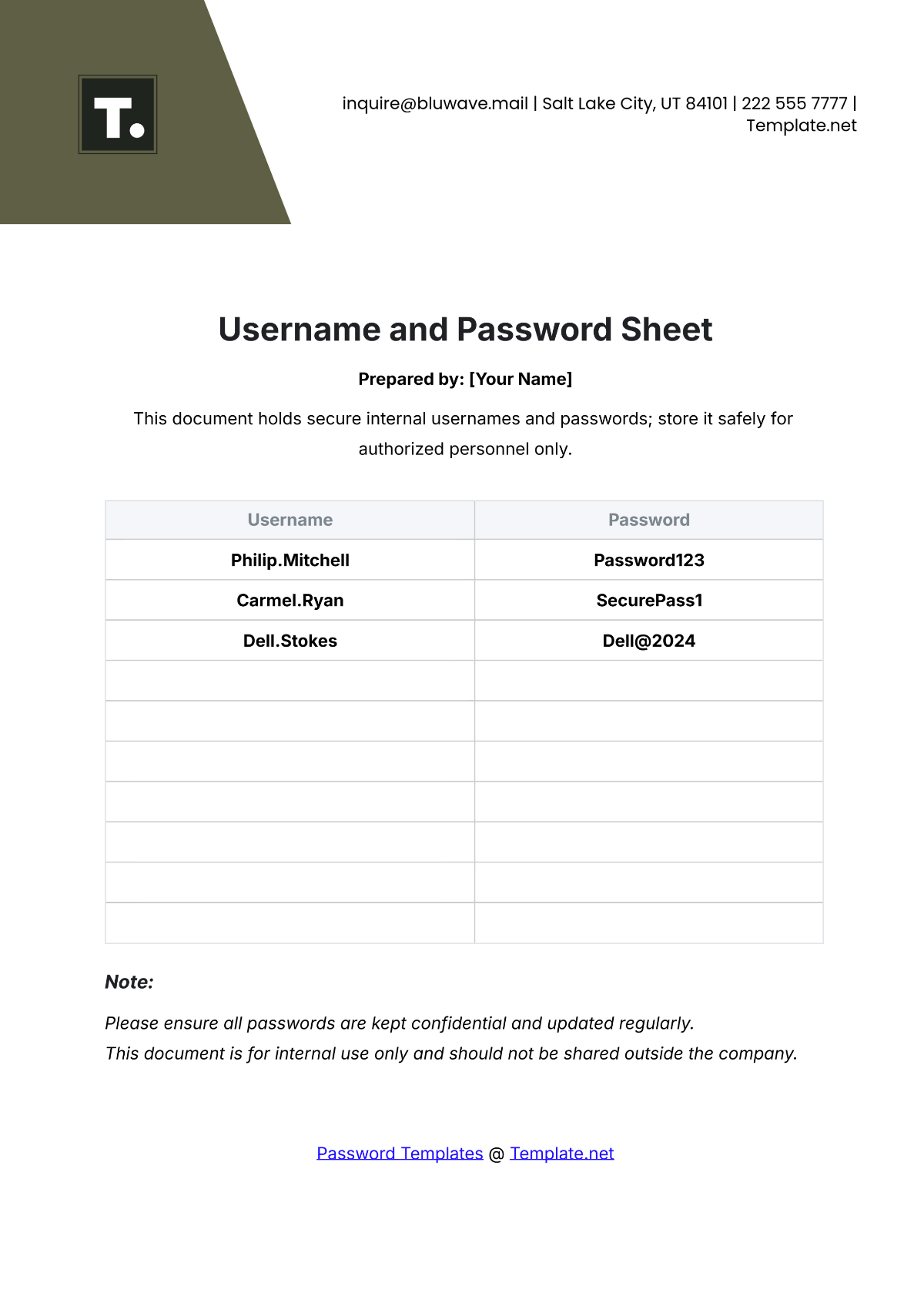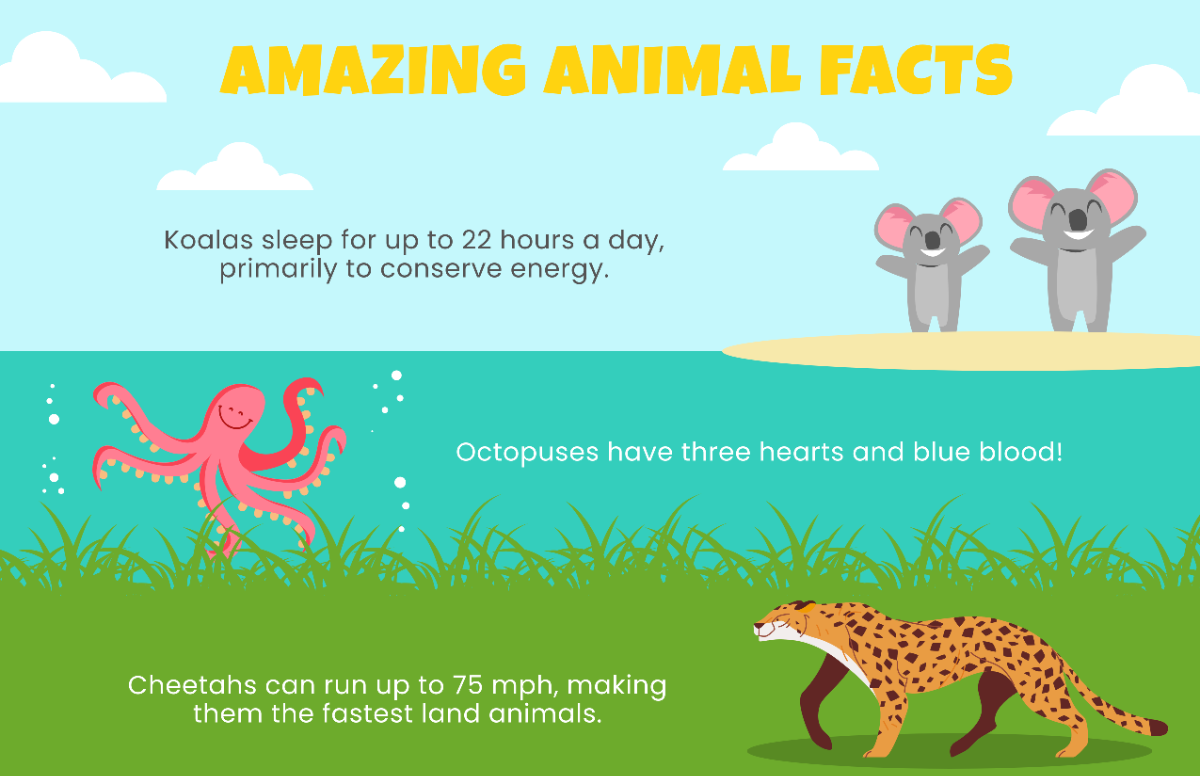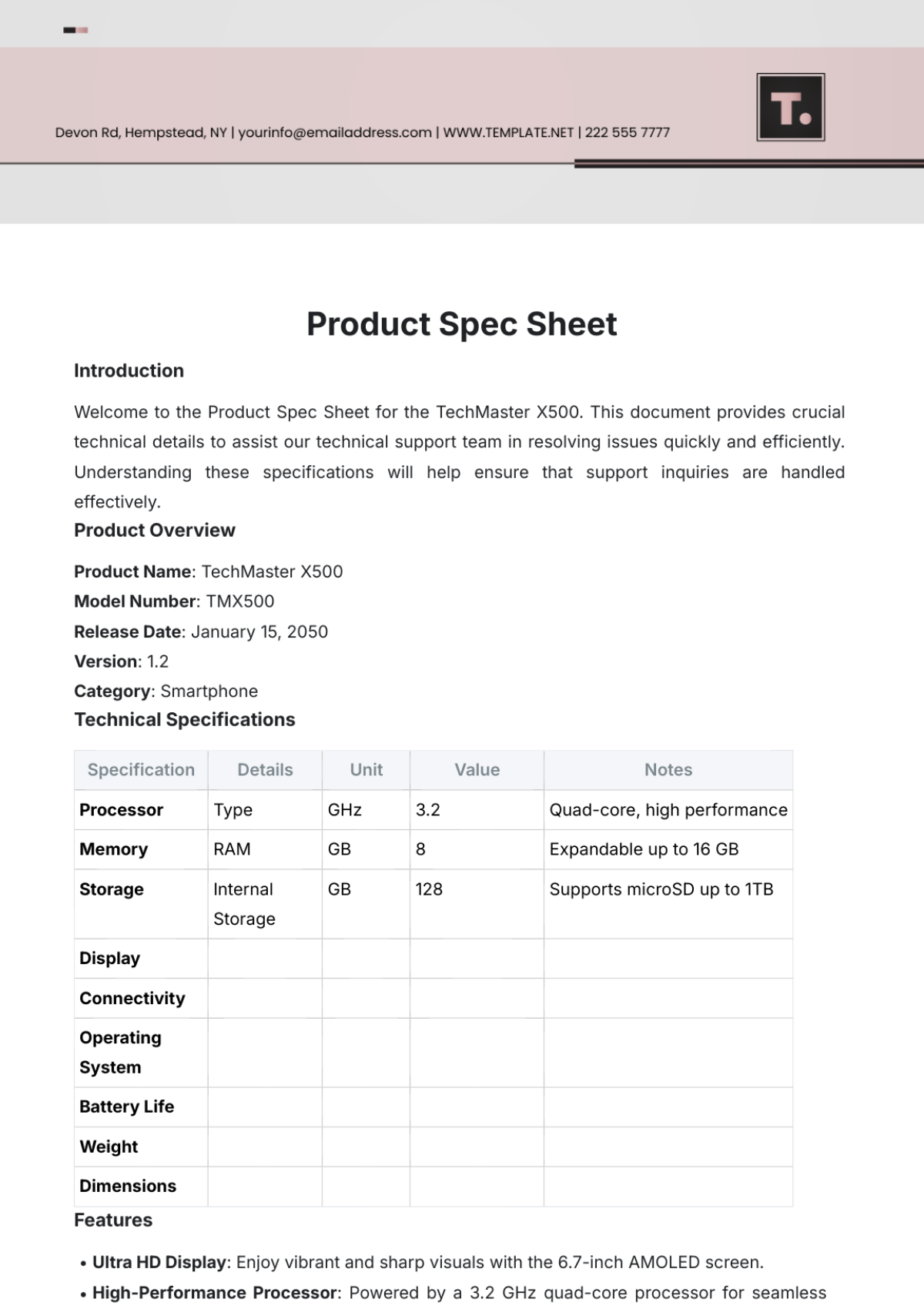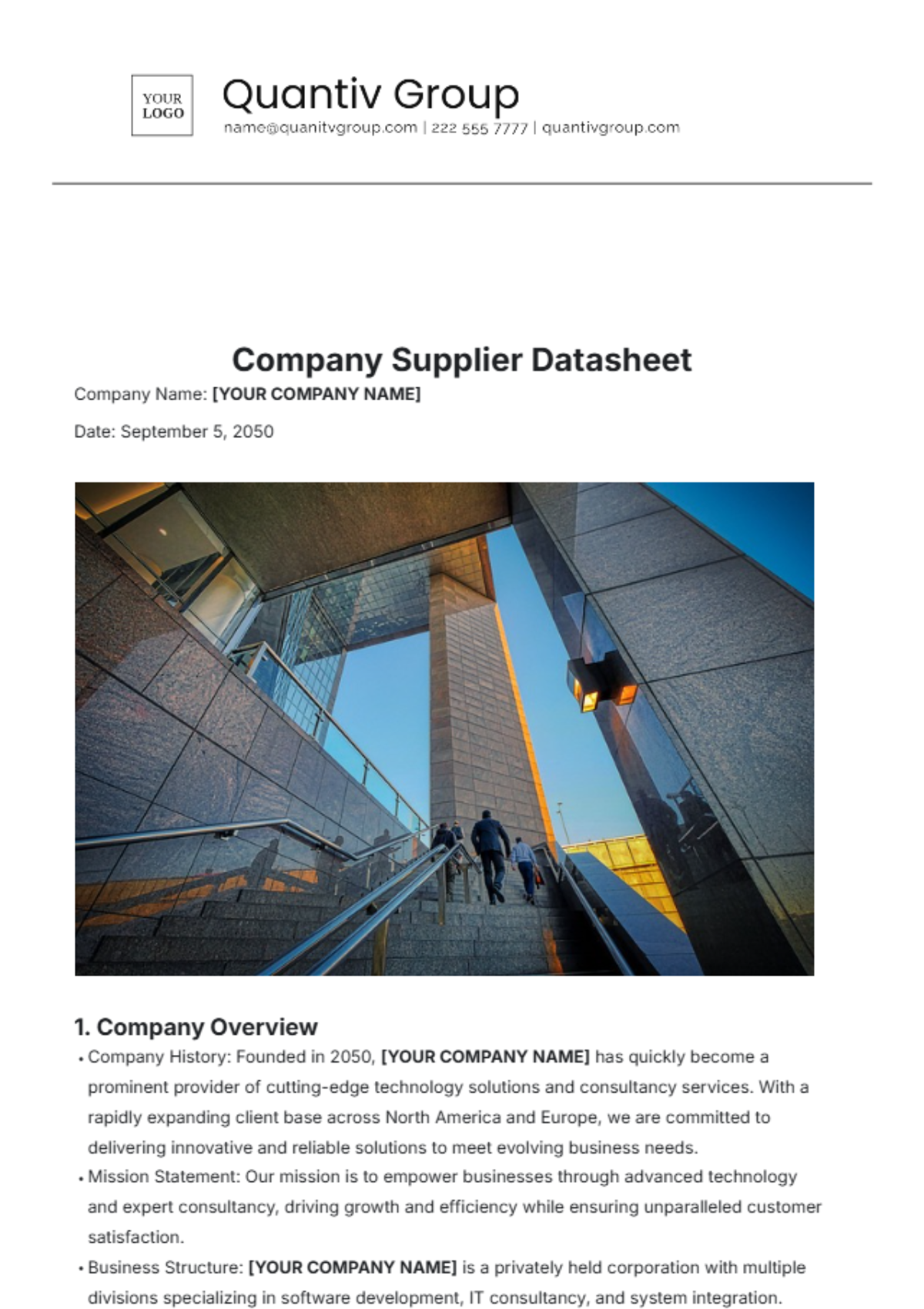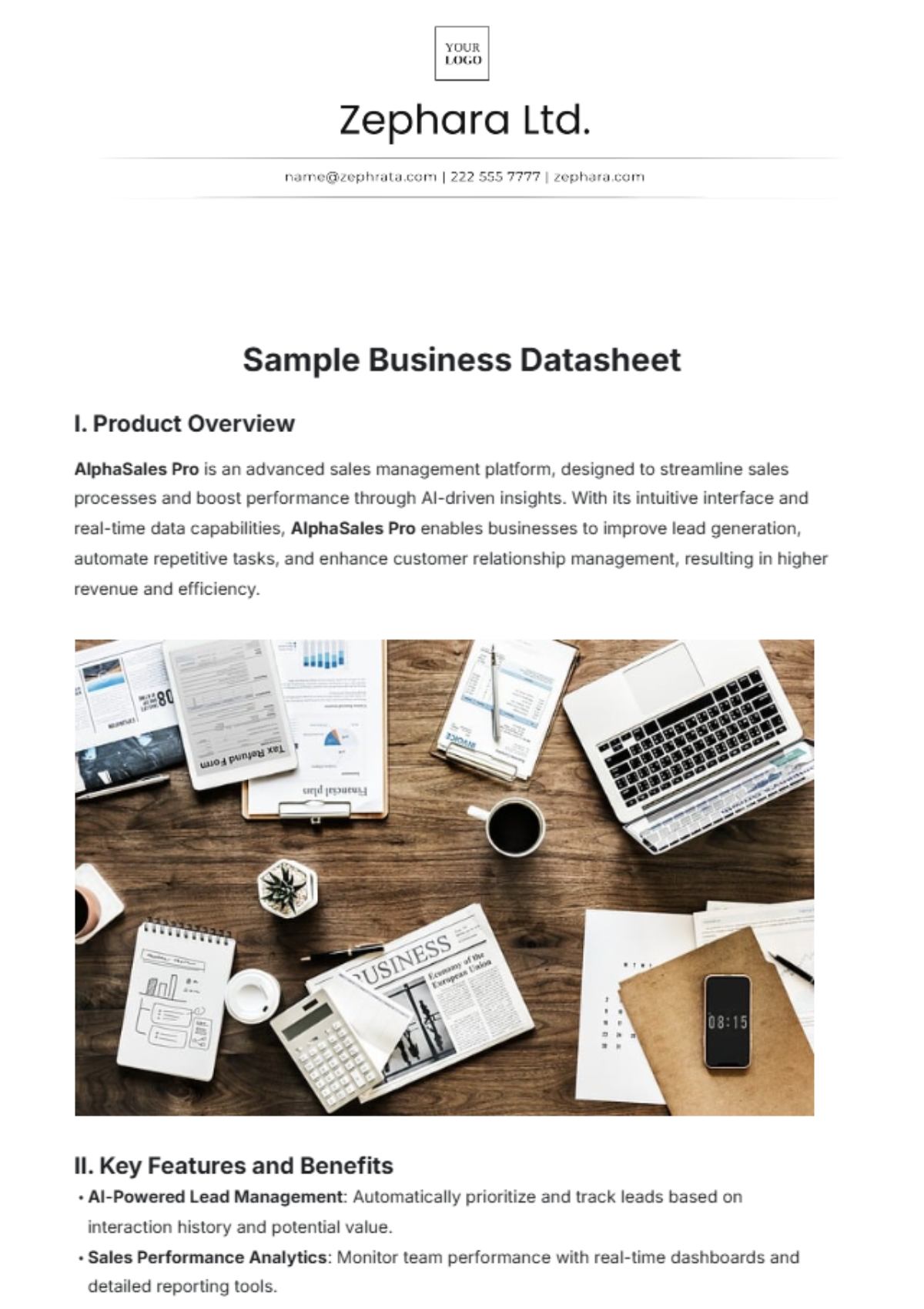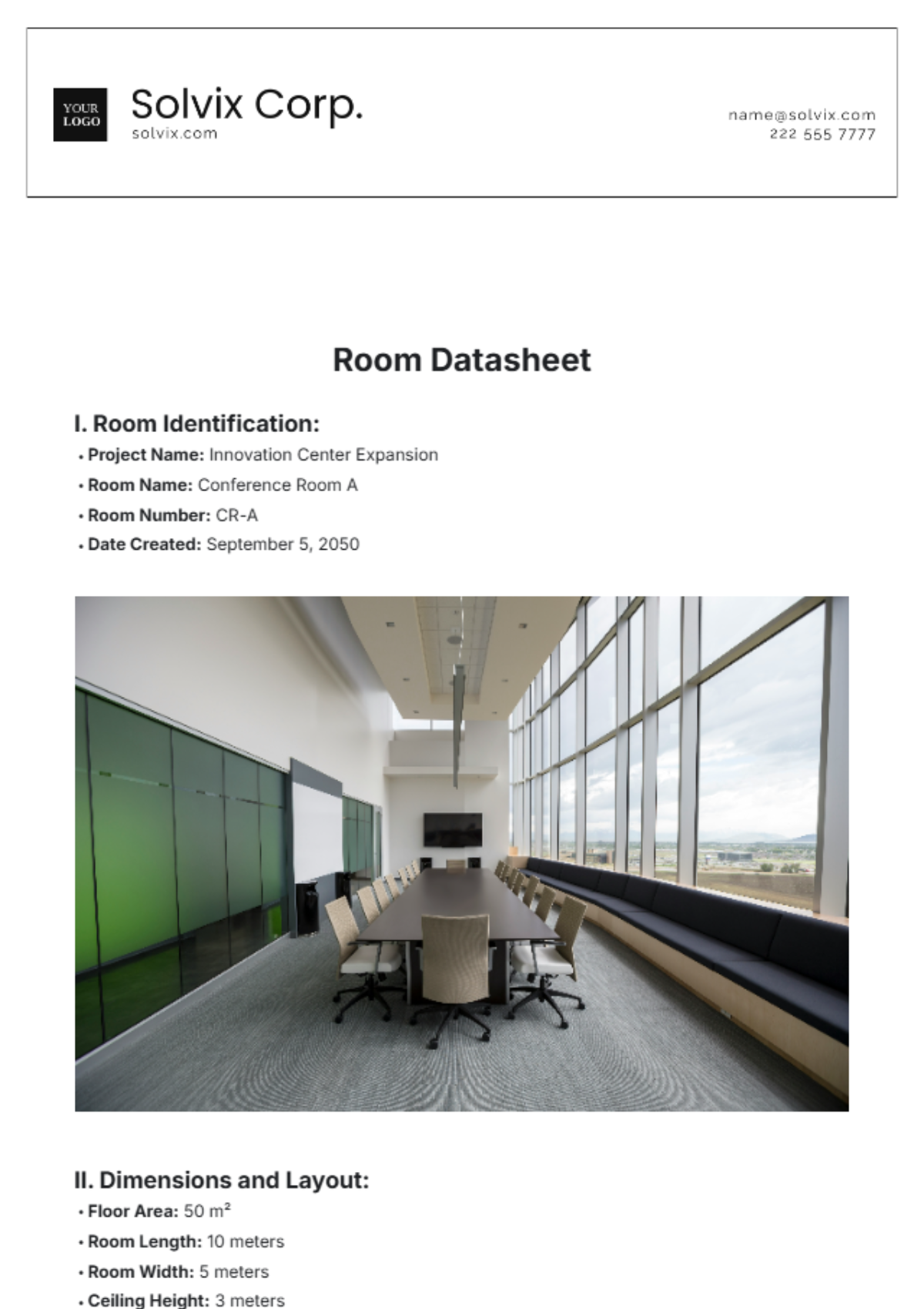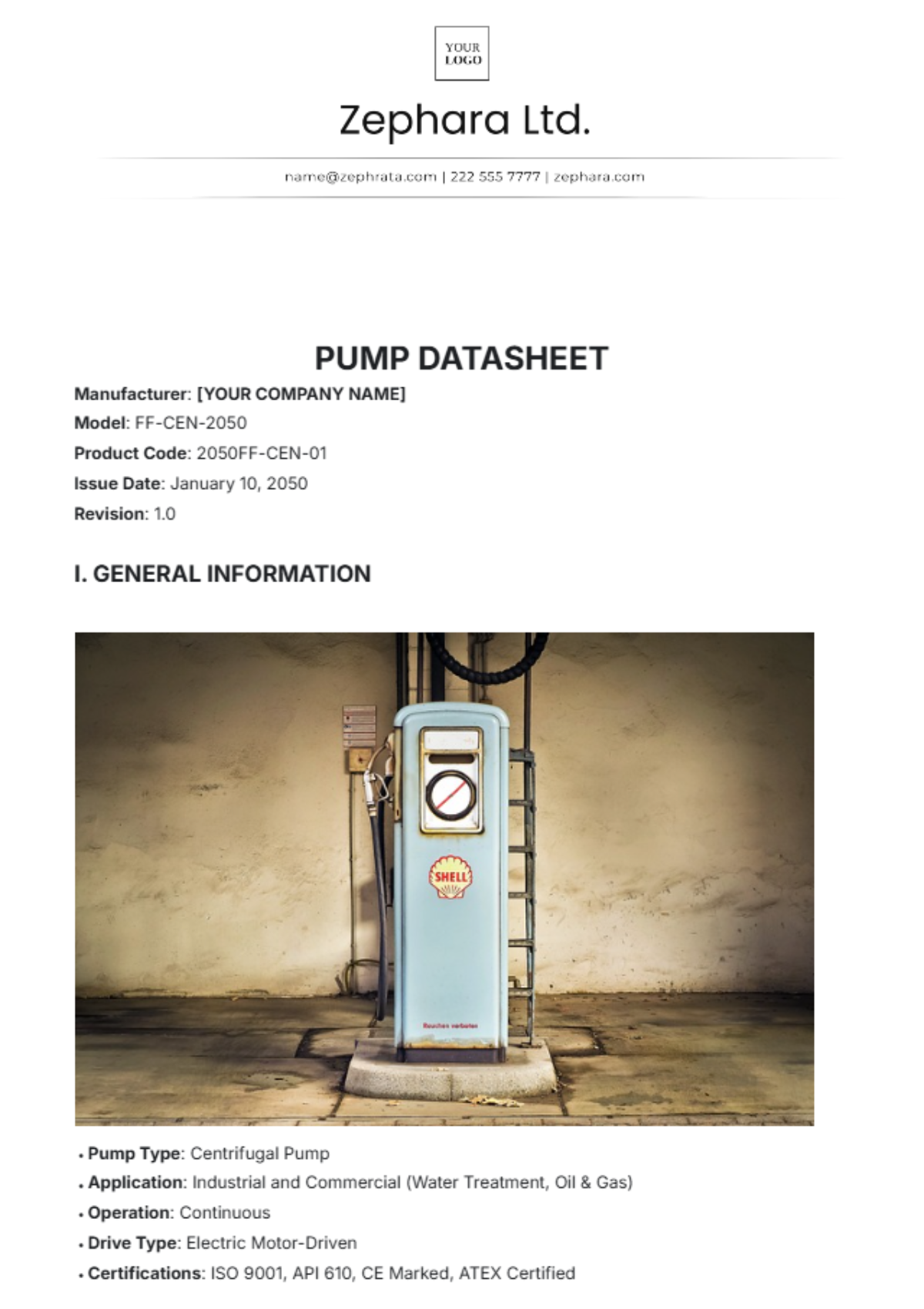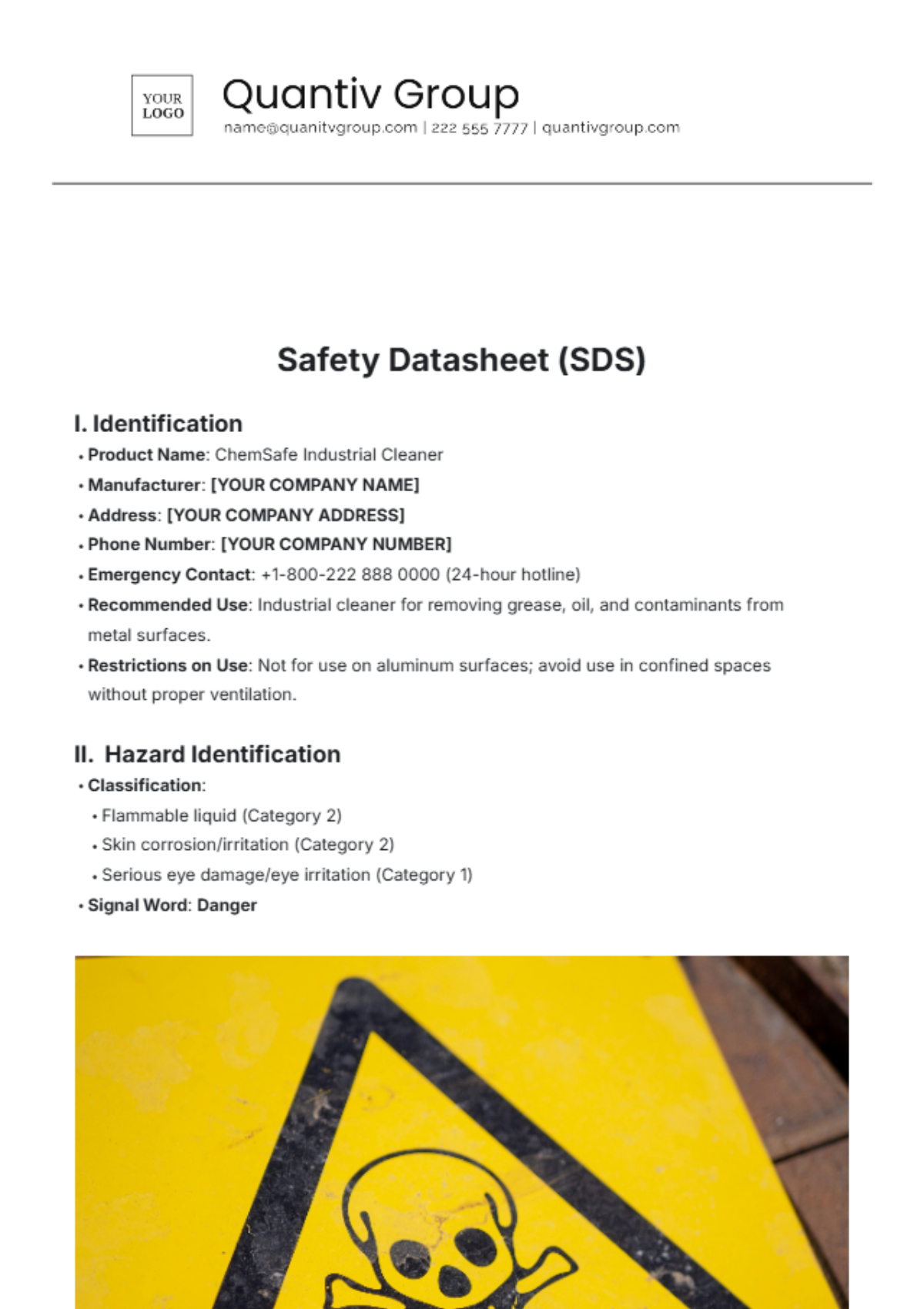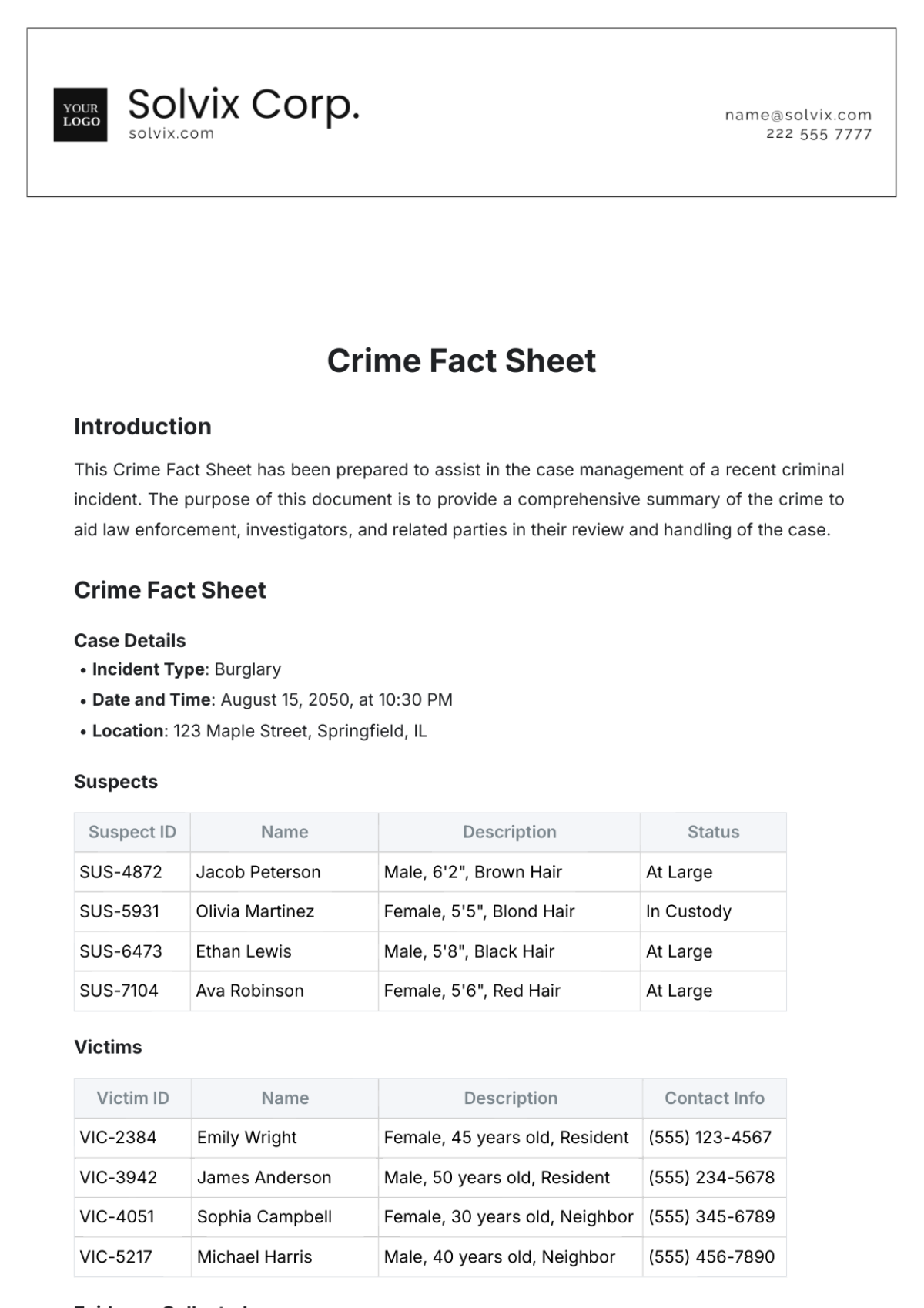Public Health Fact Sheet
I. Introduction

Welcome to our public health fact sheet, designed to empower you with essential information to safeguard your health and well-being. In this document, we outline key points, dispel common myths, and provide answers to frequently asked questions to help you make informed decisions about your health.
II. Overview
Public health is vital for the well-being of individuals and communities. It encompasses efforts to prevent diseases, promote healthy lifestyles, and protect against environmental hazards. By understanding and practicing public health principles, we can all contribute to creating healthier societies.
III. Key Points
Vaccination:
Vaccines are one of the most effective tools for preventing infectious diseases.
Hygiene Practices:
Regular handwashing with soap and water can reduce the spread of germs and prevent infections.
Healthy Lifestyle:
Maintain a balanced diet rich in fruits, vegetables, and whole grains.
Preventive Screenings:
Regular health screenings can detect diseases early when they are most treatable.
Environmental Health:
Be aware of environmental hazards such as air pollution, lead exposure, and contaminated water sources.
IV. Statistics and Figures
Statistics and Figures |
|---|
|
|
|
V. Common Myths
Myth: Vaccines cause autism.
Fact: Numerous studies have shown no link between vaccines and autism. Vaccines are safe and do not cause developmental disorders.
Myth: Natural immunity is better than vaccine-induced immunity.
Fact: While natural immunity may provide protection, it often comes with the risk of severe illness or complications. Vaccines offer a safer way to build immunity without the associated risks.
Myth: Hand sanitizers are as effective as handwashing.
Fact: Handwashing with soap and water is the most effective way to remove germs from hands. Hand sanitizers are a convenient alternative when soap and water are not available, but they may not eliminate all types of germs.
VI. Frequently Asked Questions

What vaccines do I need as an adult?
The vaccines you need as an adult depend on factors such as age, health condition, travel plans, and occupation. Consult your healthcare provider for personalized recommendations.
How often should I wash my hands?
It is recommended to wash your hands with soap and water for at least 20 seconds:
Before eating or preparing food
After using the restroom
After coughing, sneezing, or blowing your nose
After touching surfaces in public places
Why are preventive screenings important?
Preventive screenings can detect diseases in their early stages when treatment is most effective. They can also help identify risk factors for certain conditions, allowing for timely interventions to prevent future health problems.
VII. Conclusion
By prioritizing public health practices such as vaccination, hygiene, healthy lifestyle habits, and preventive screenings, we can all play a role in promoting healthier communities. Let's work together to protect and improve the health of ourselves and those around us.
For more information and resources, visit [Public Health Organization Website] or follow us on [Social Media Platforms].
